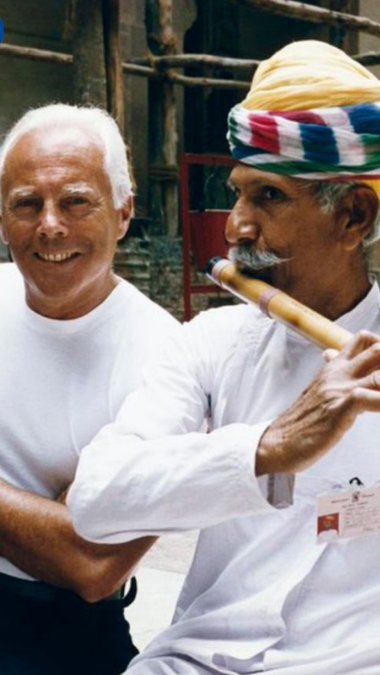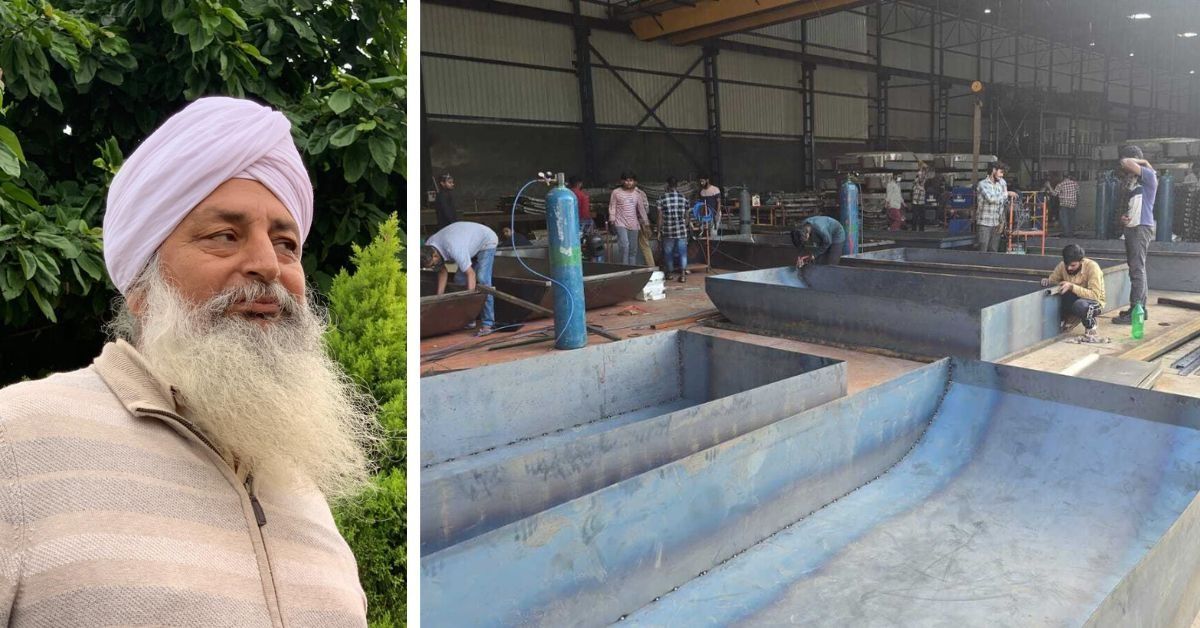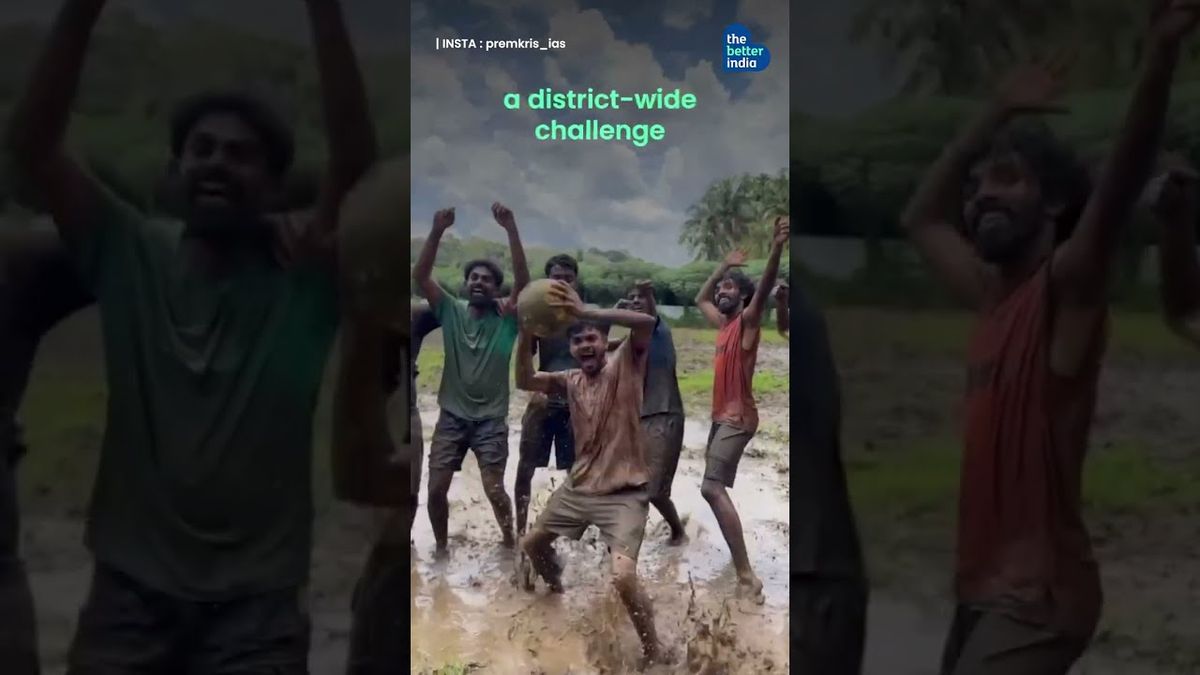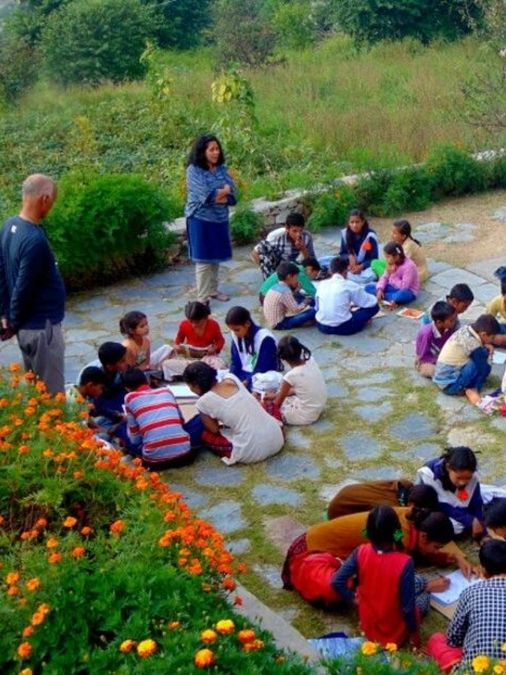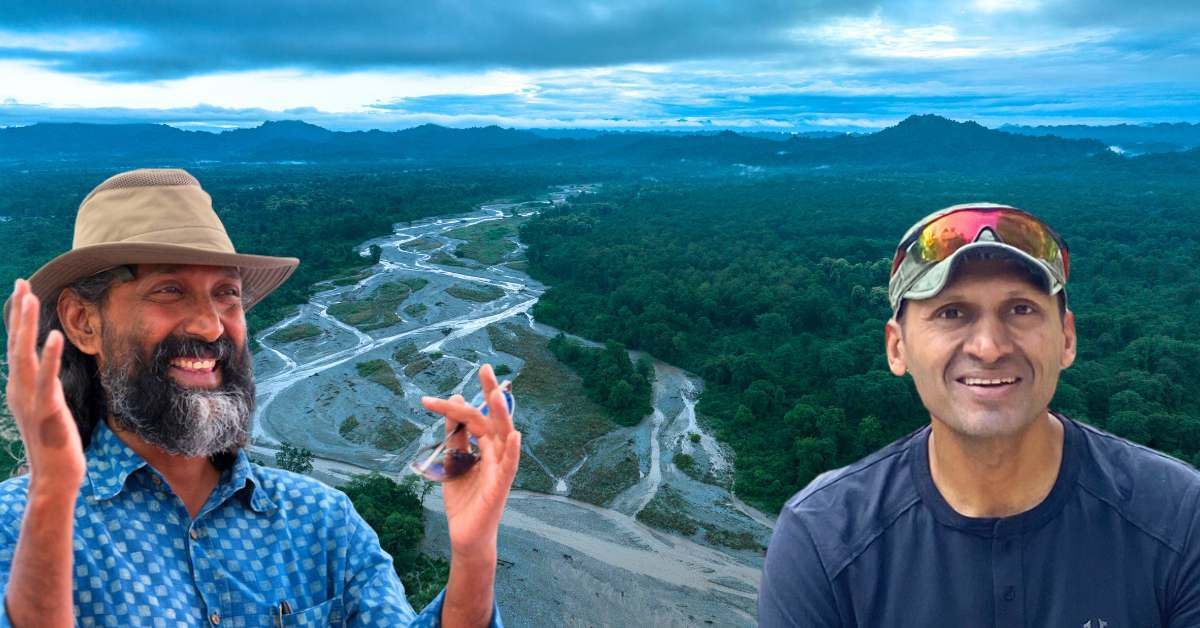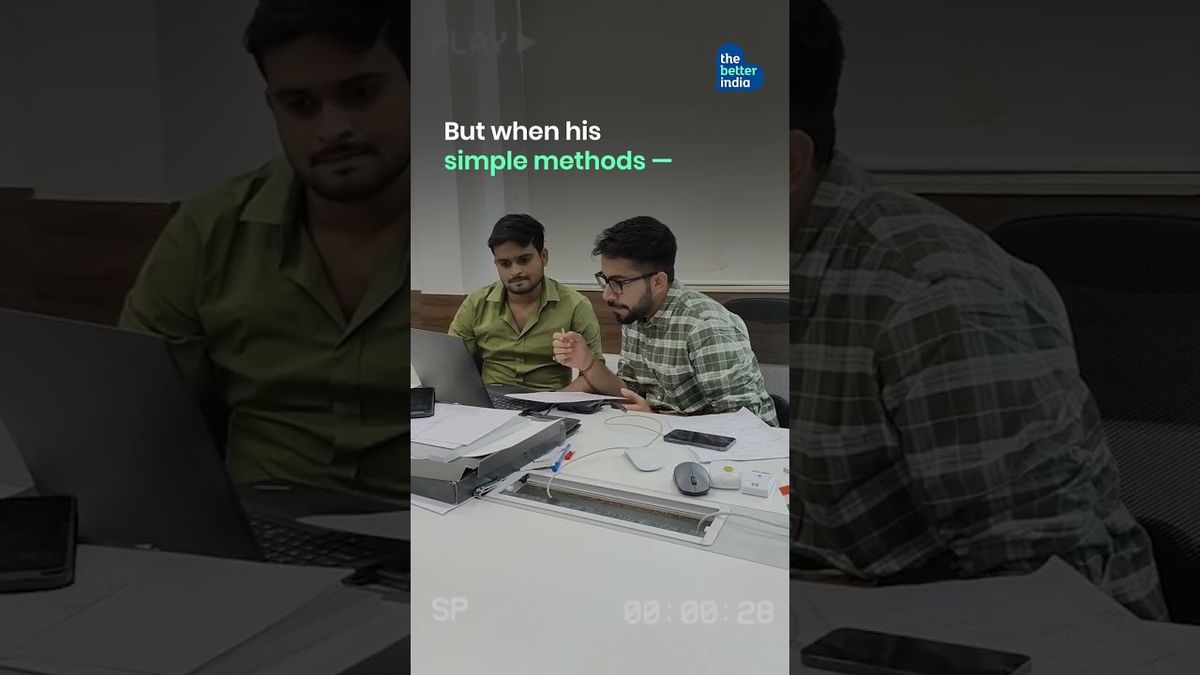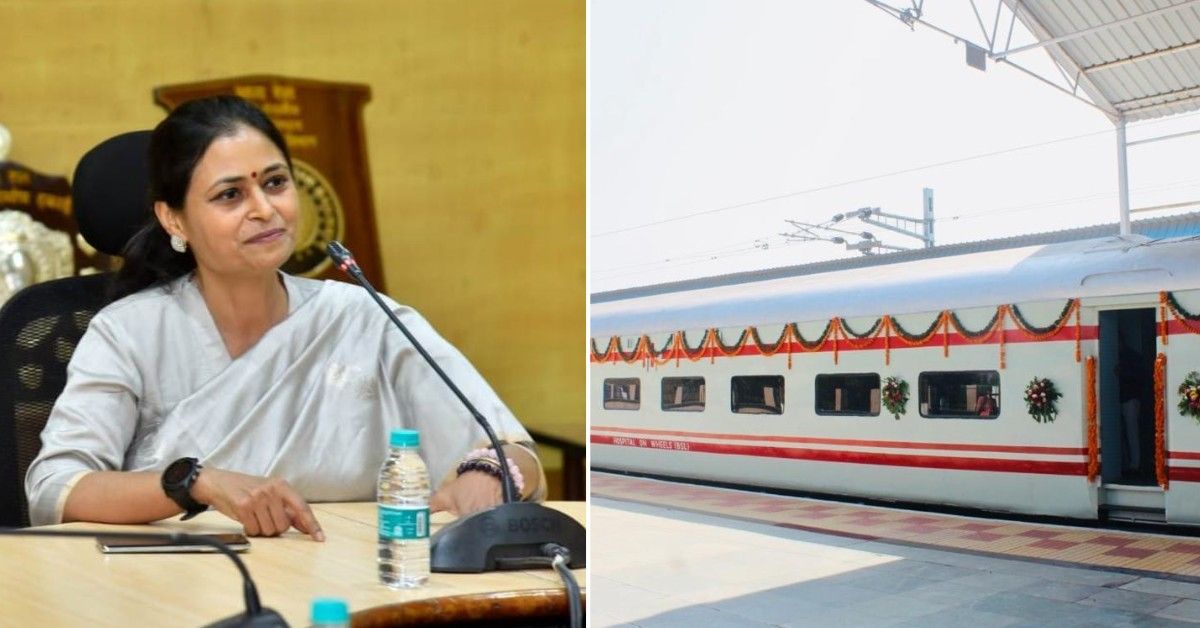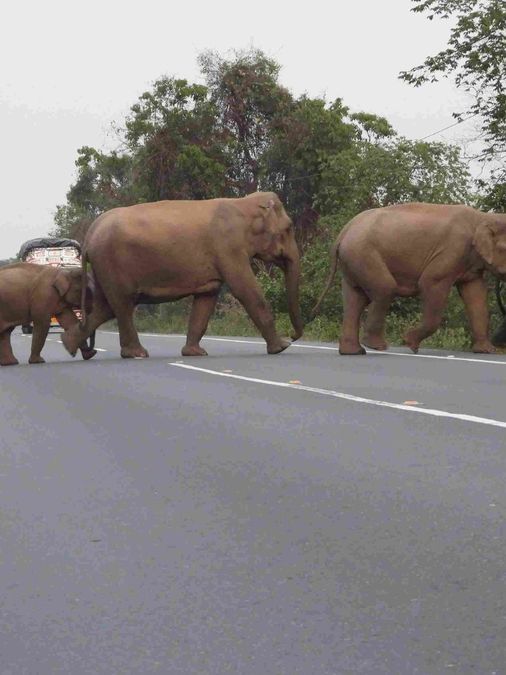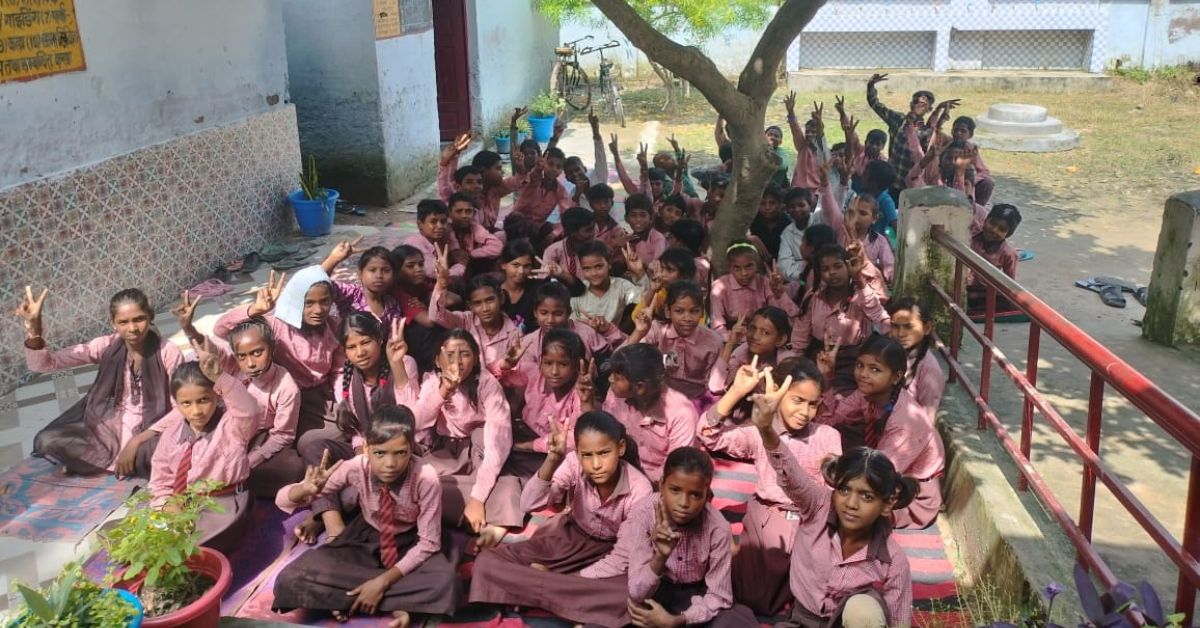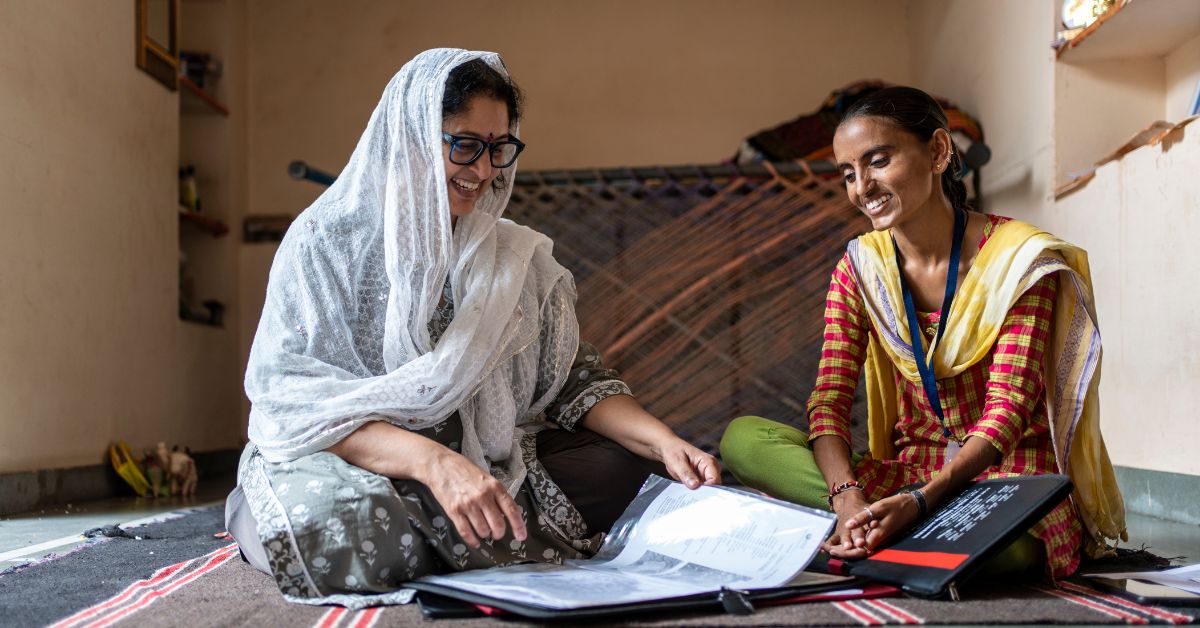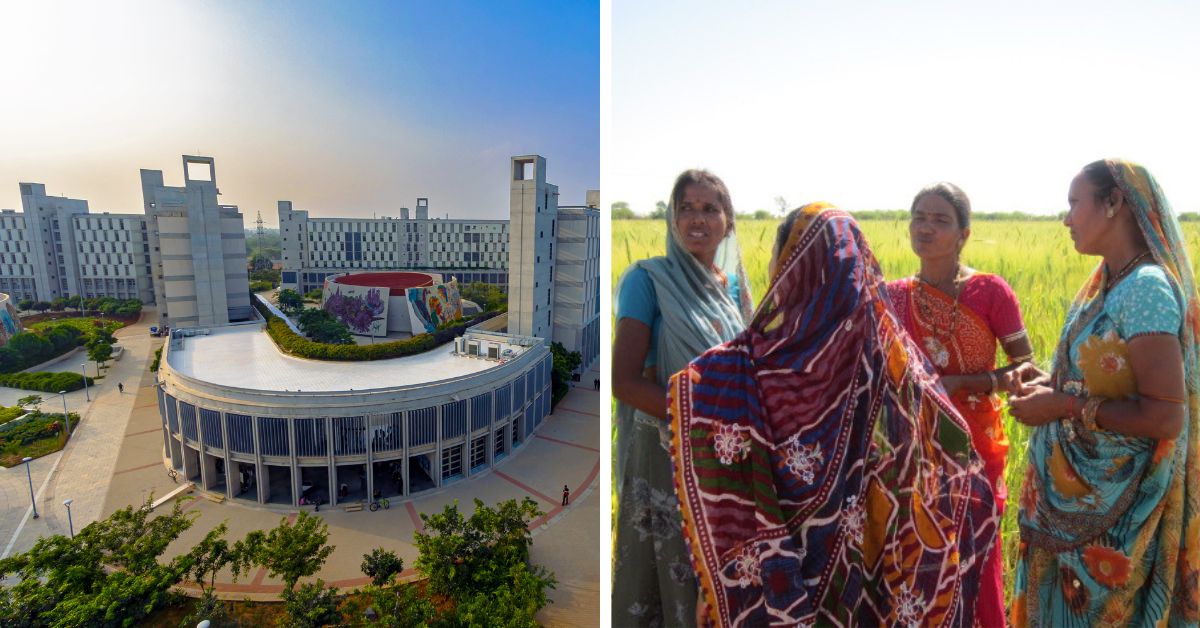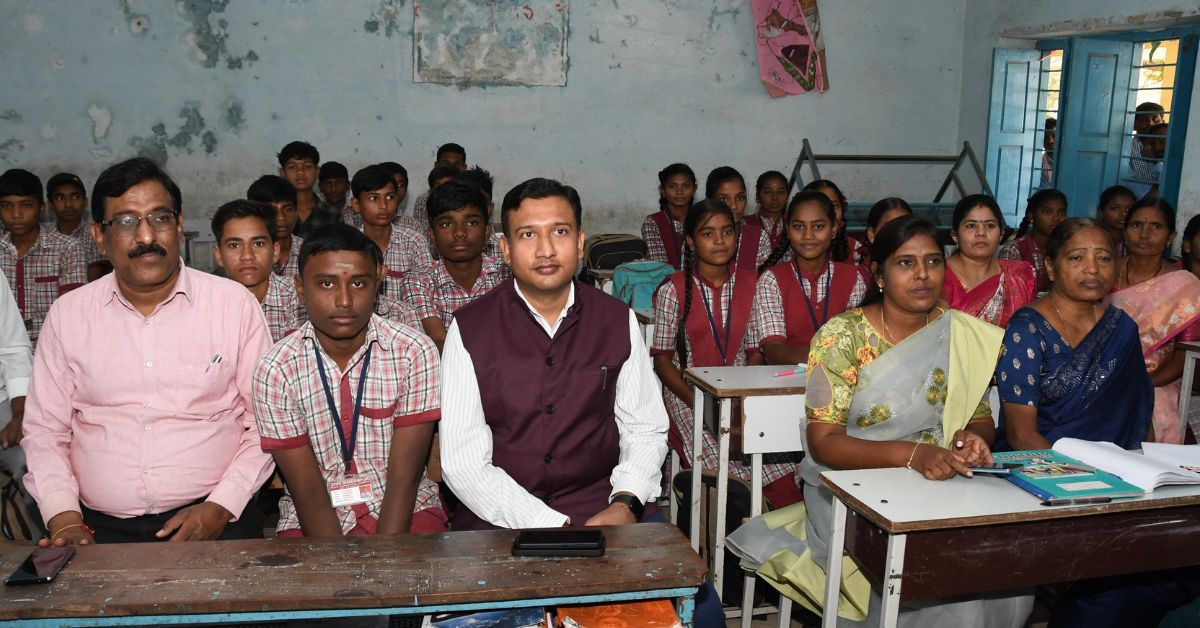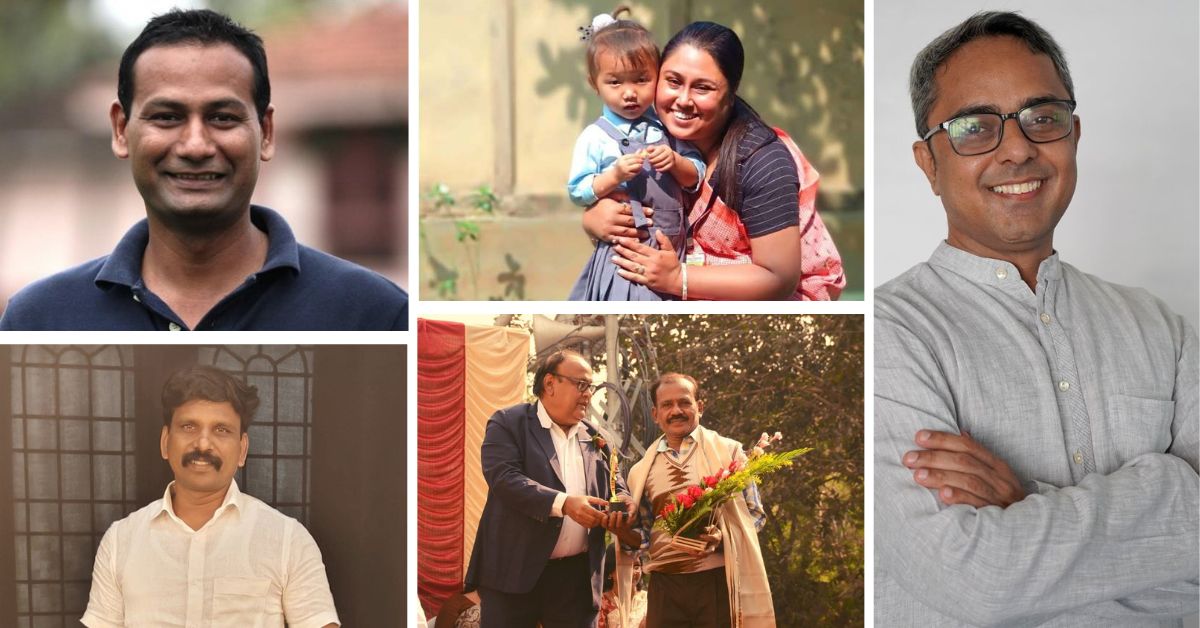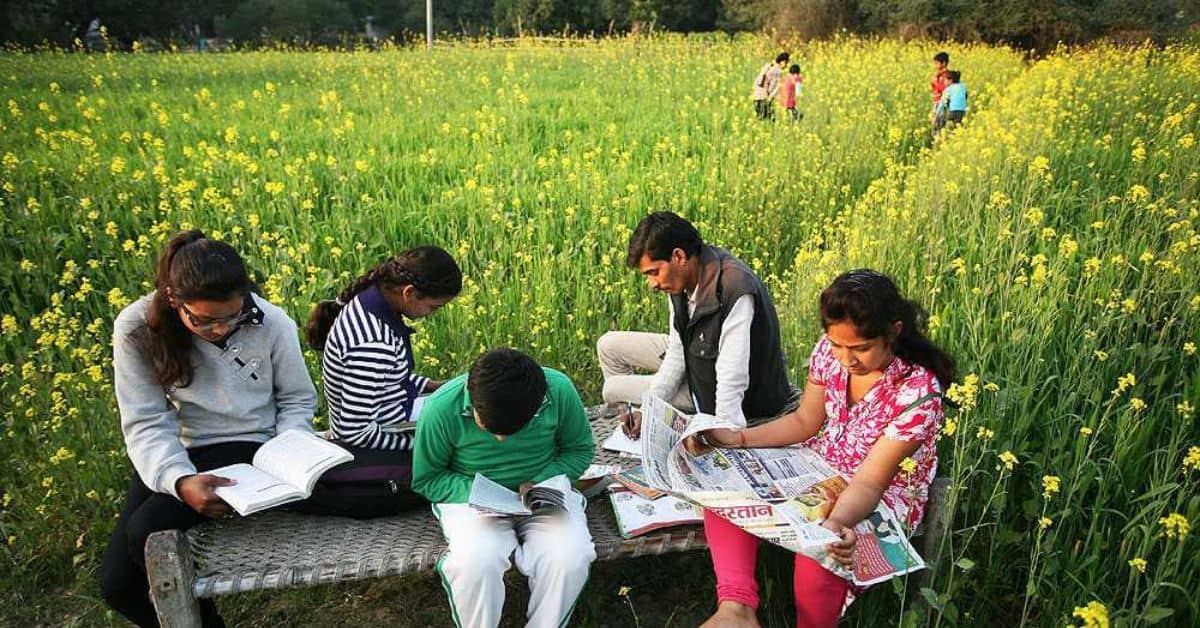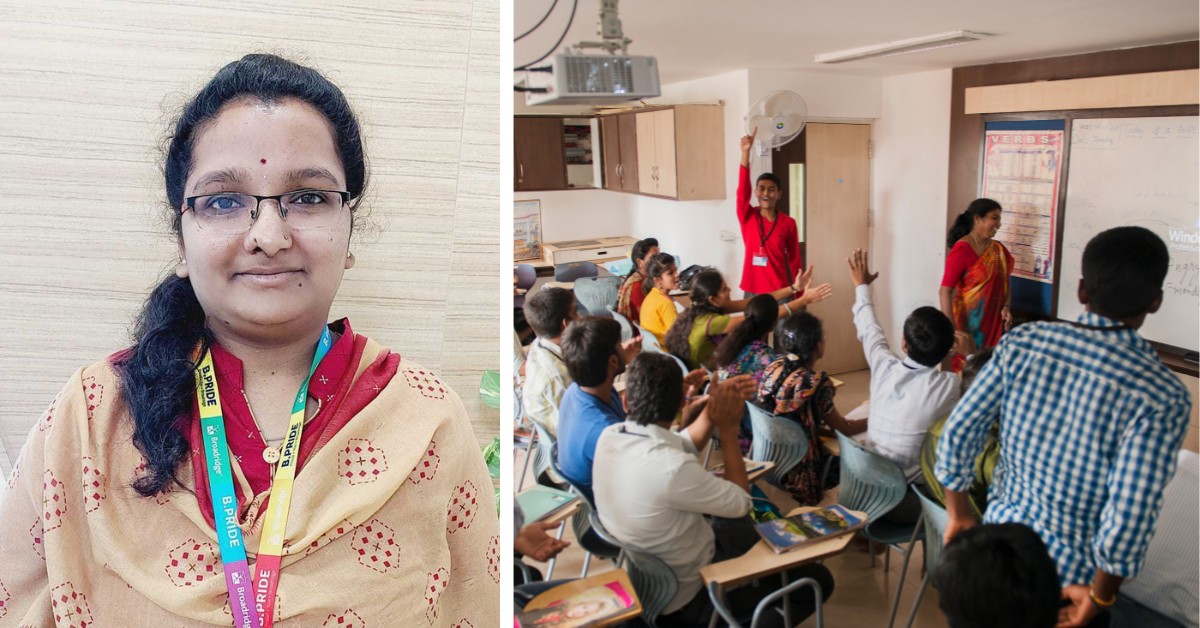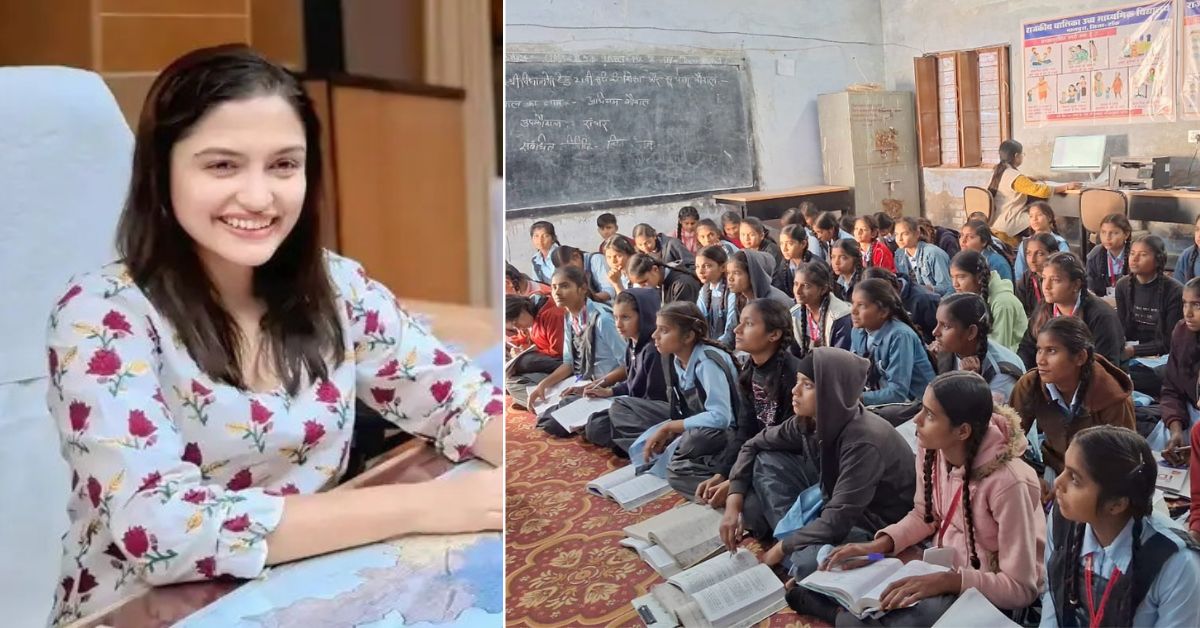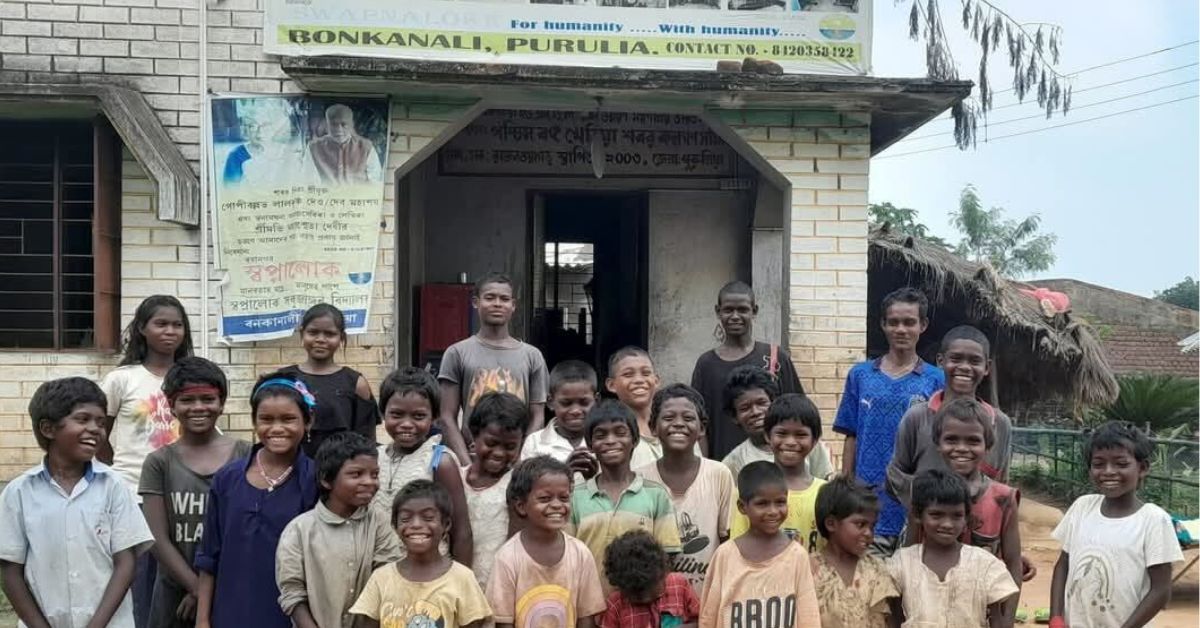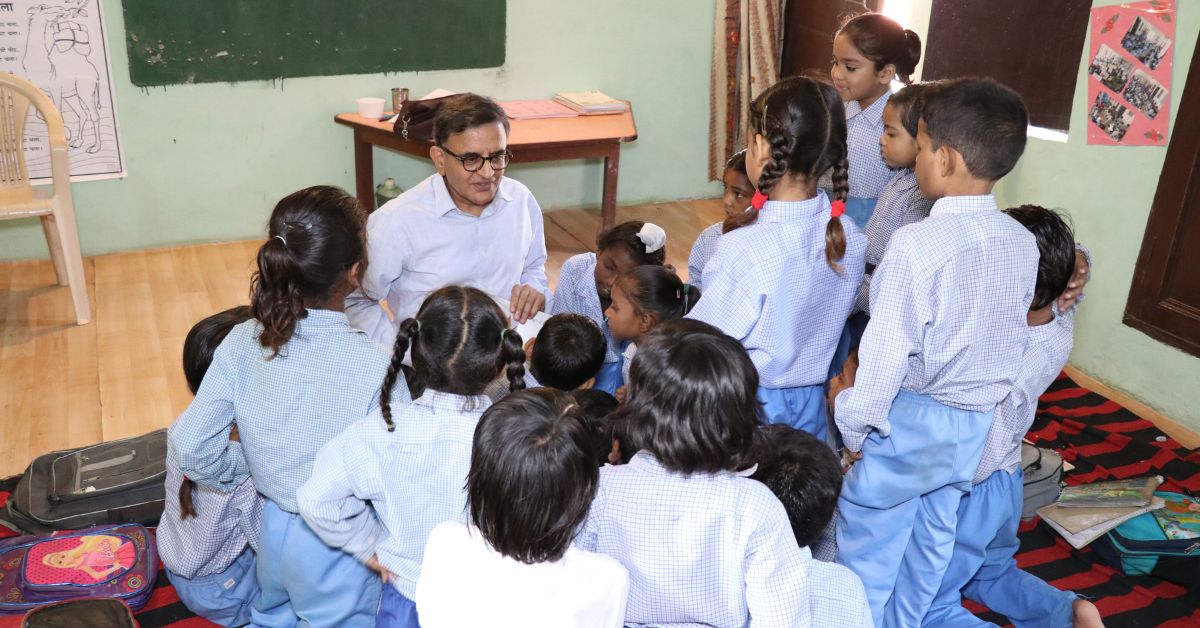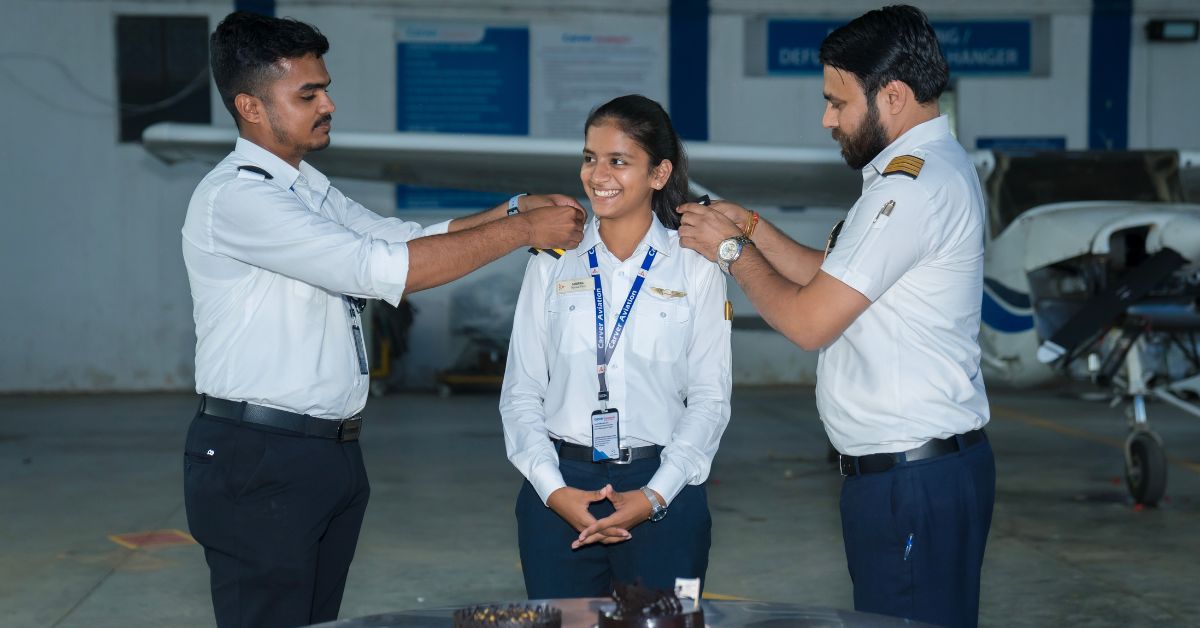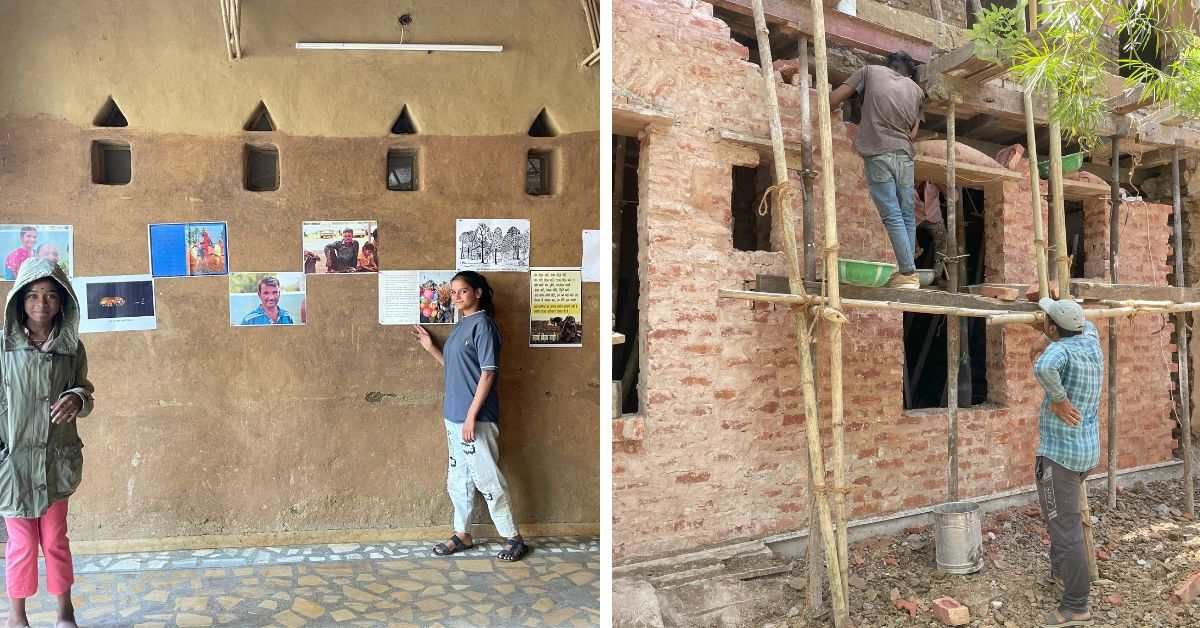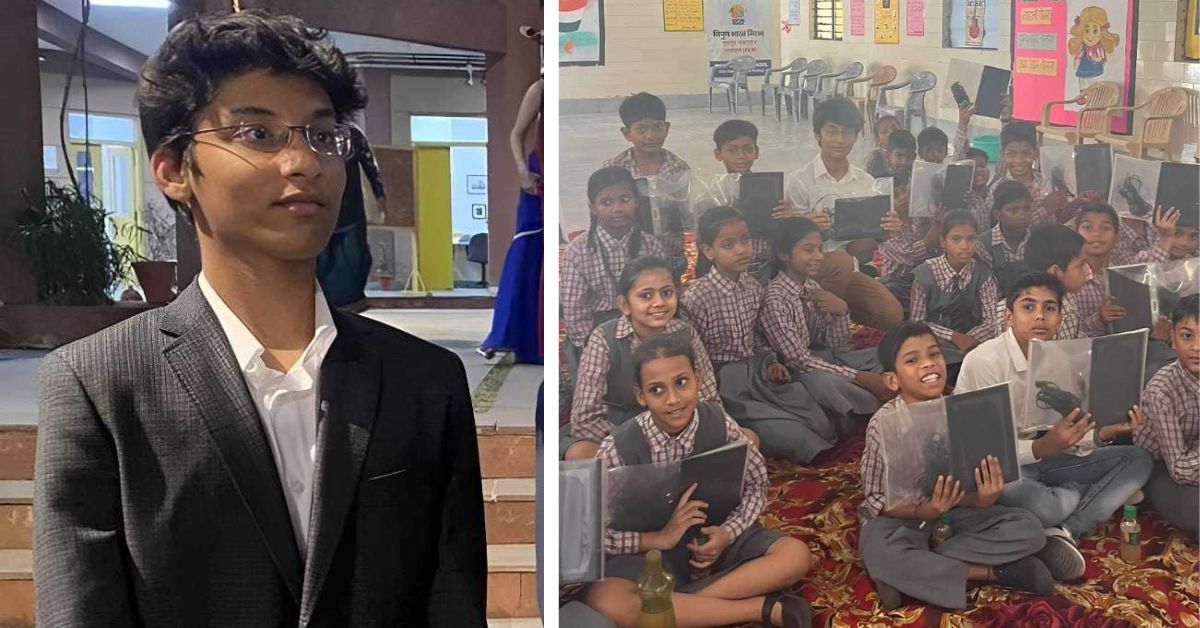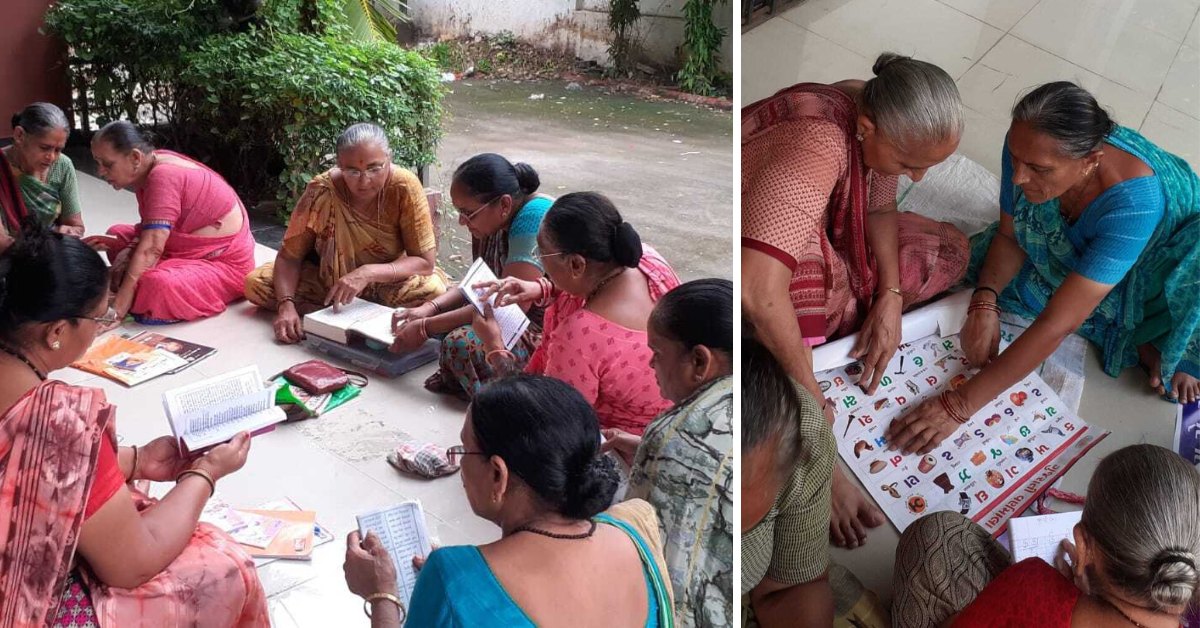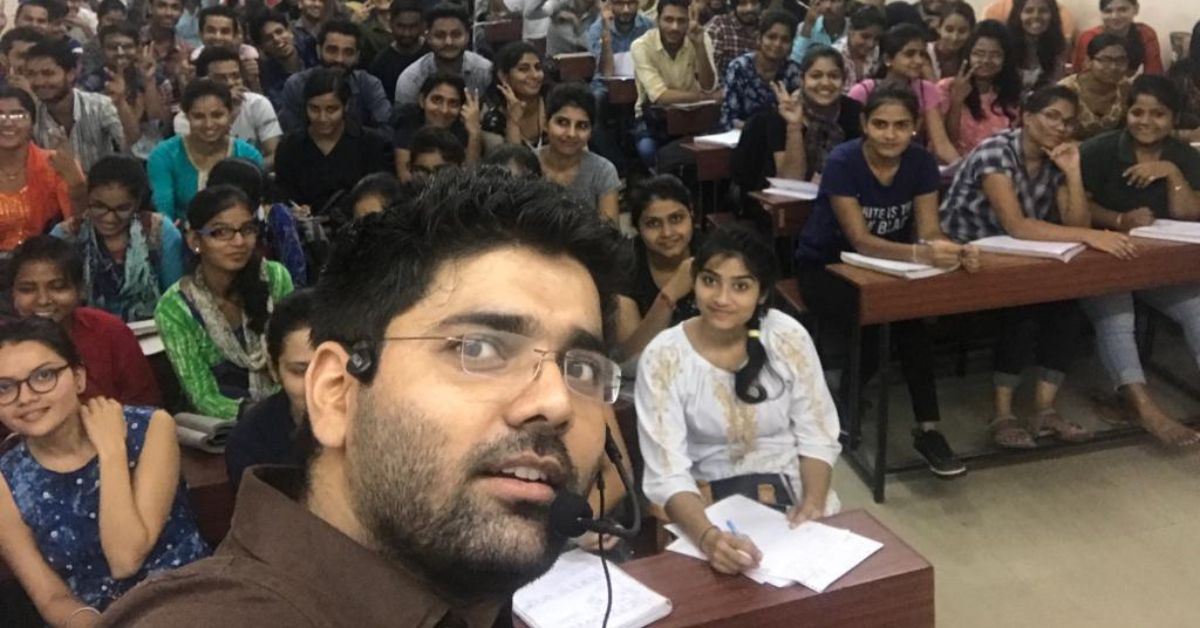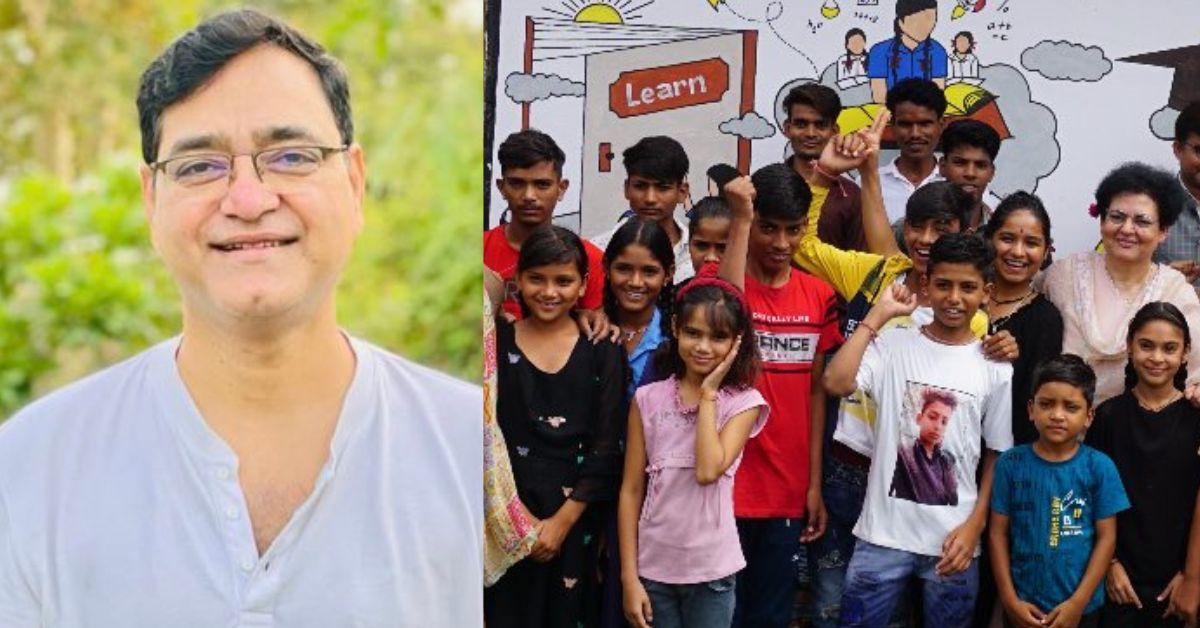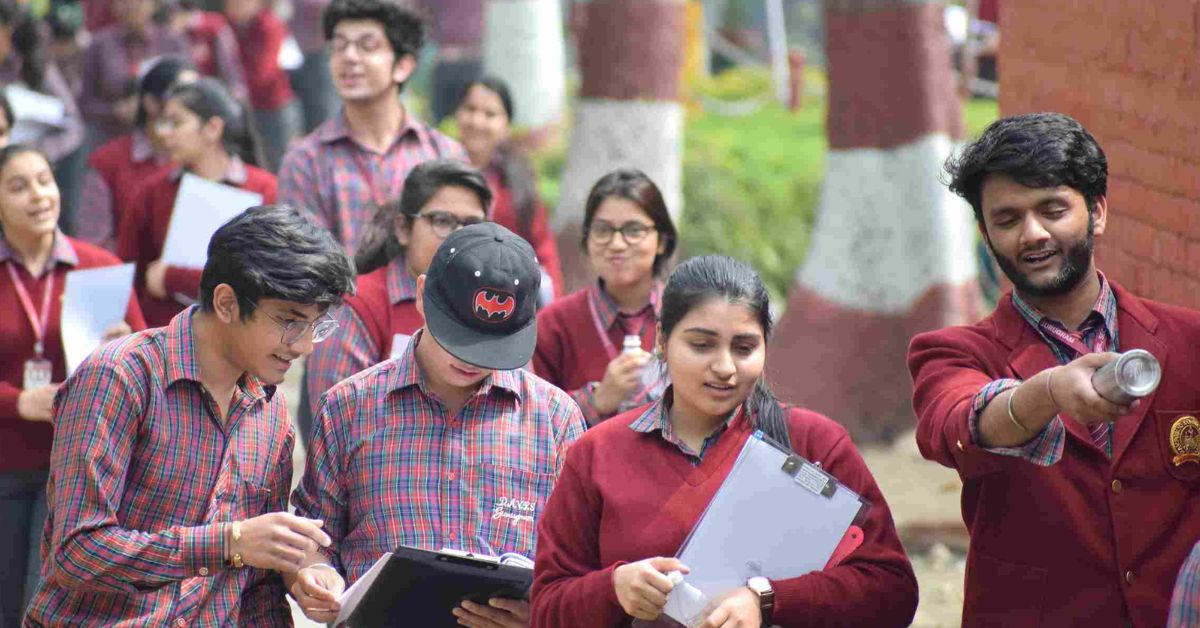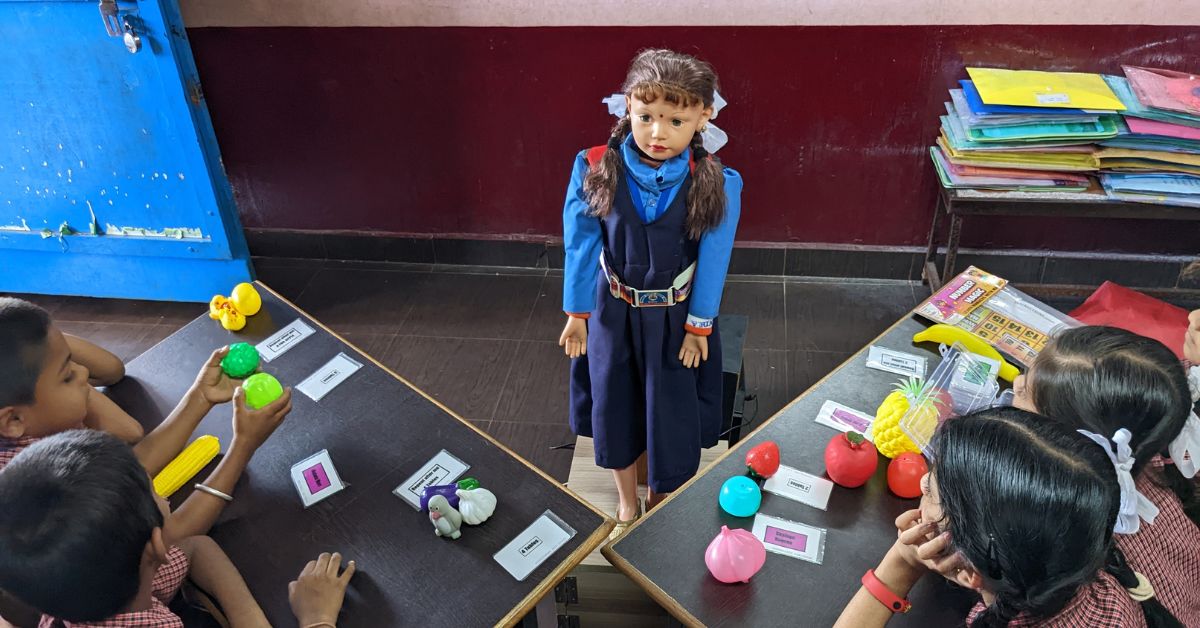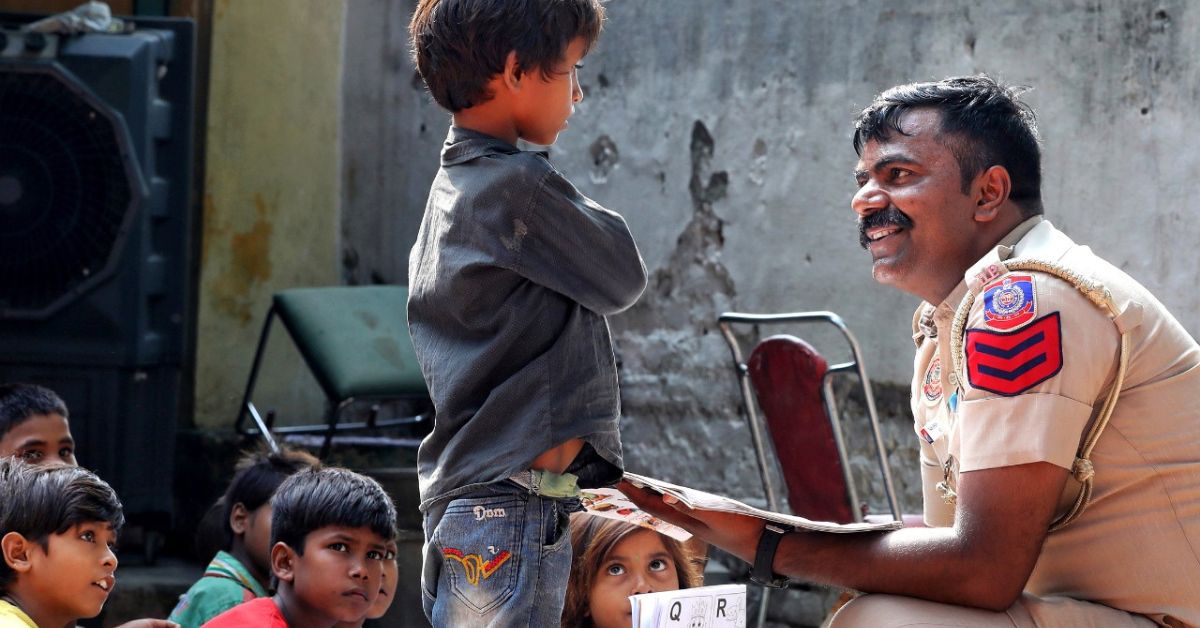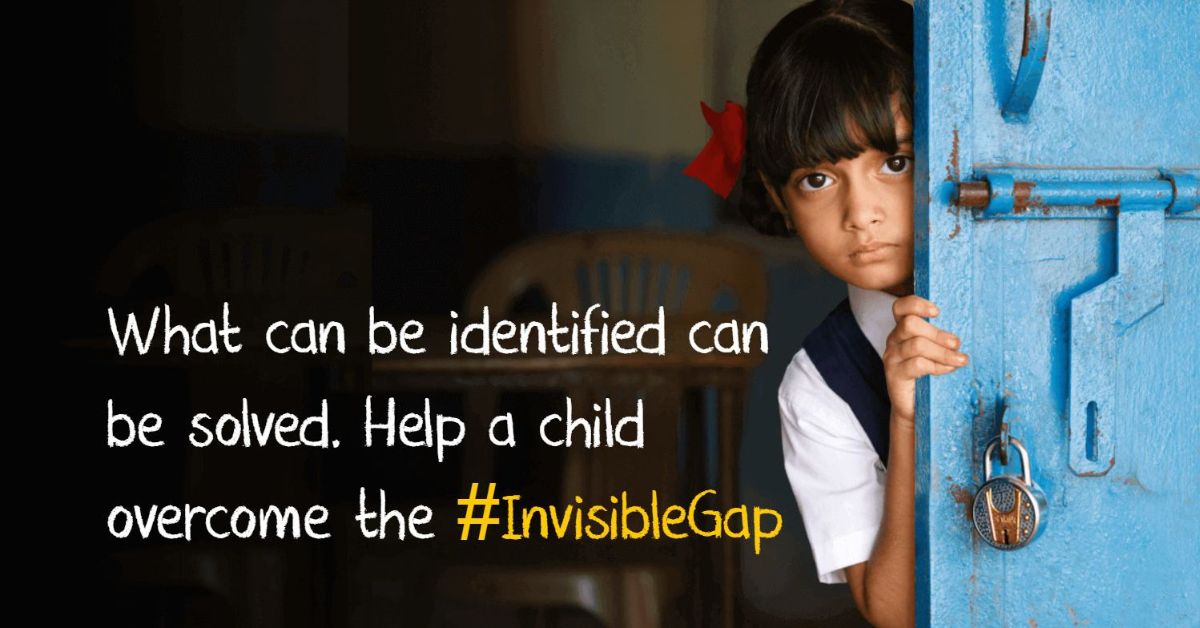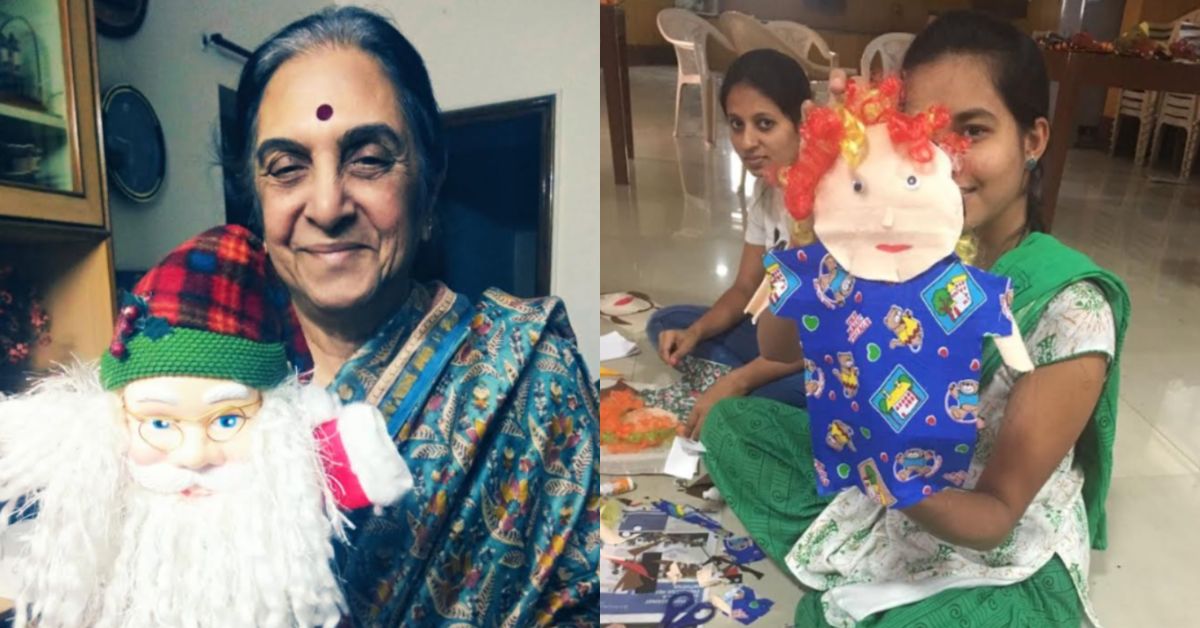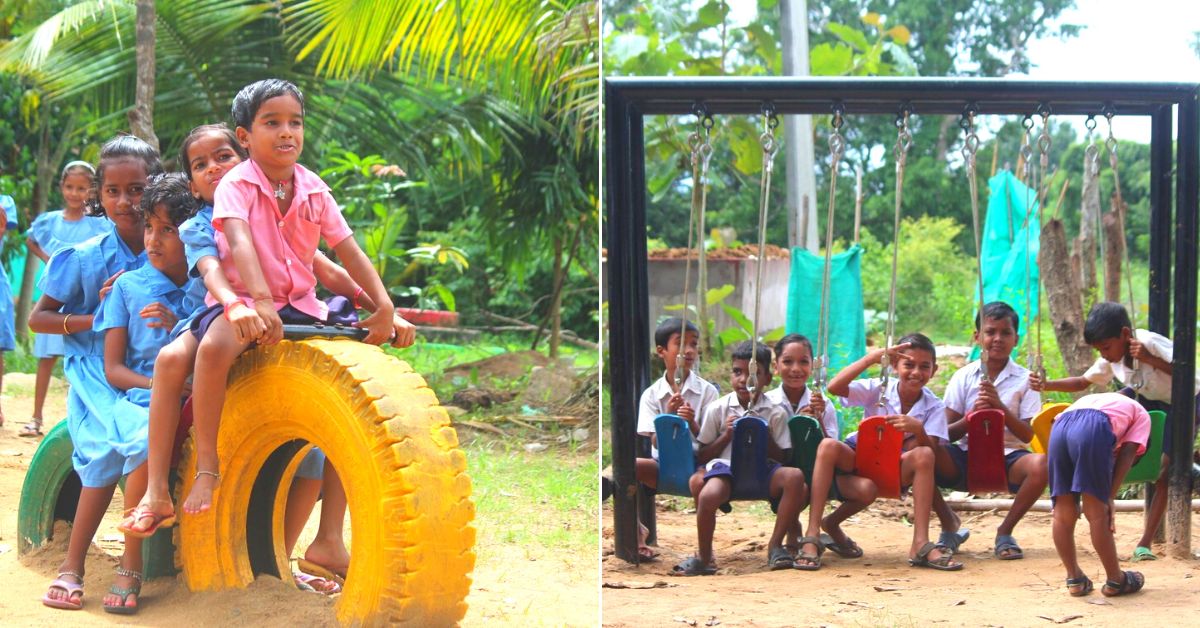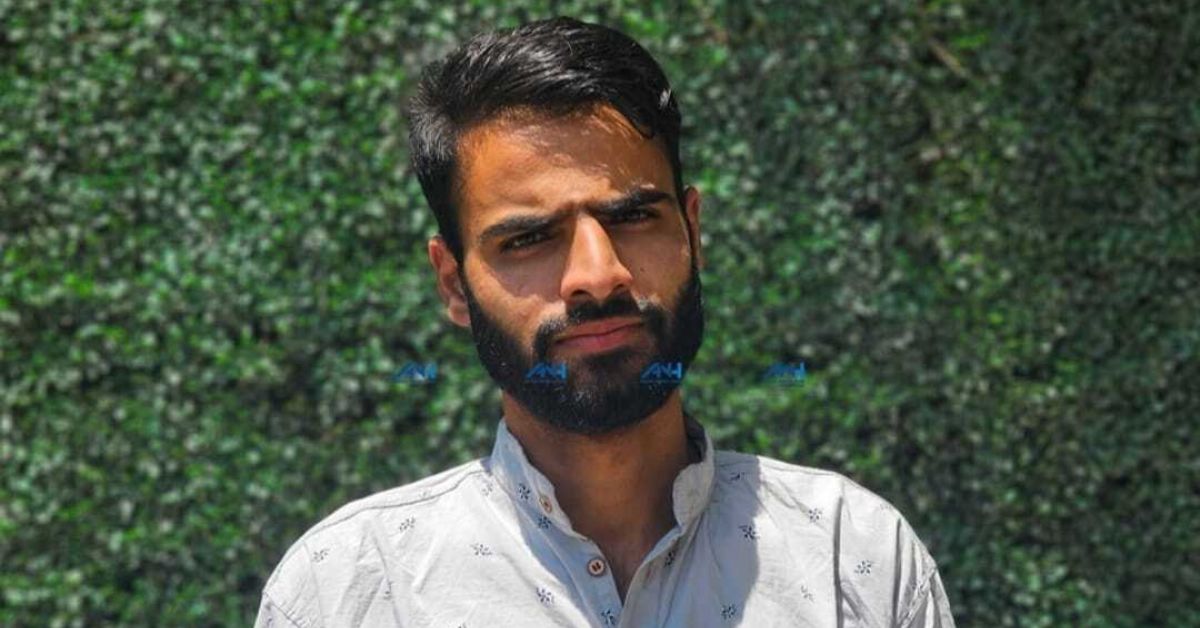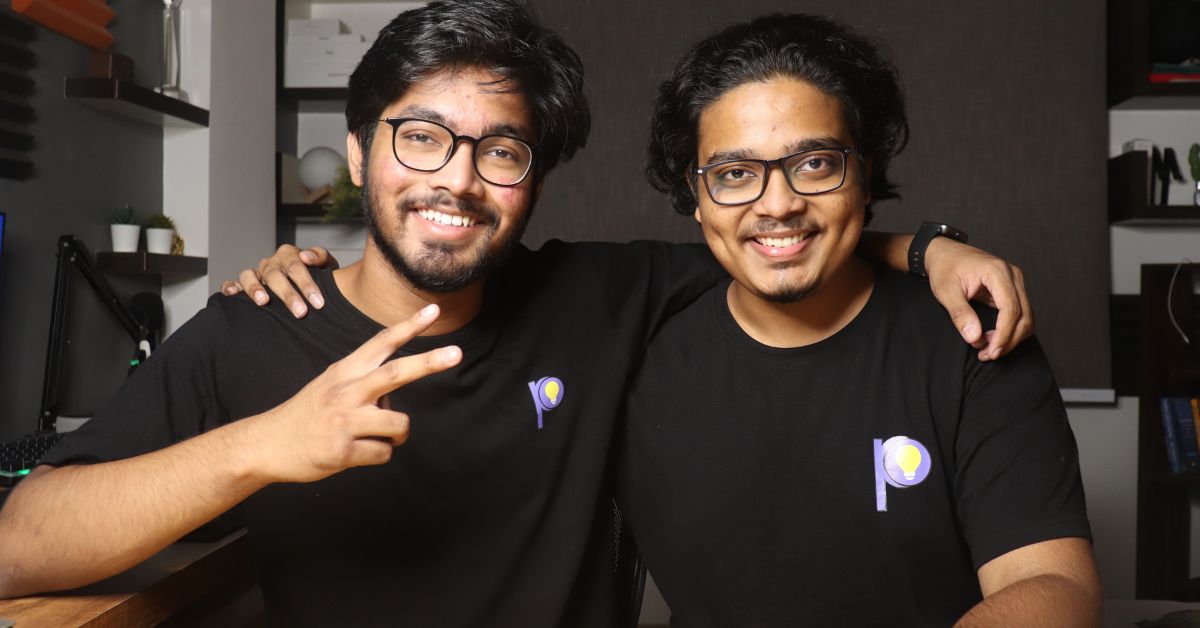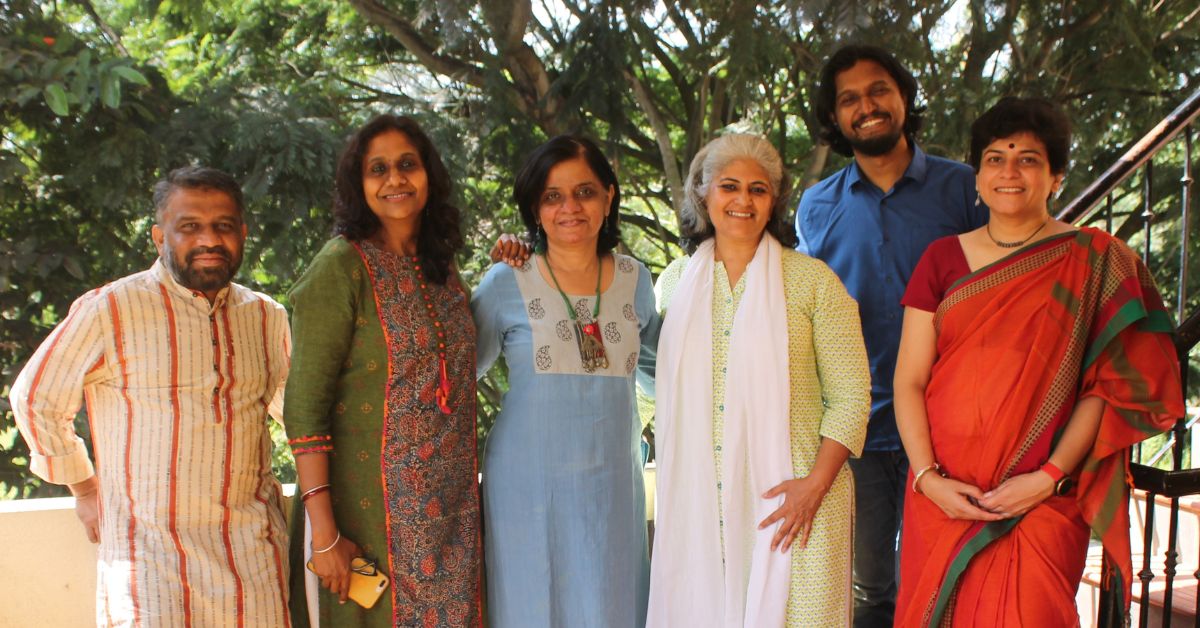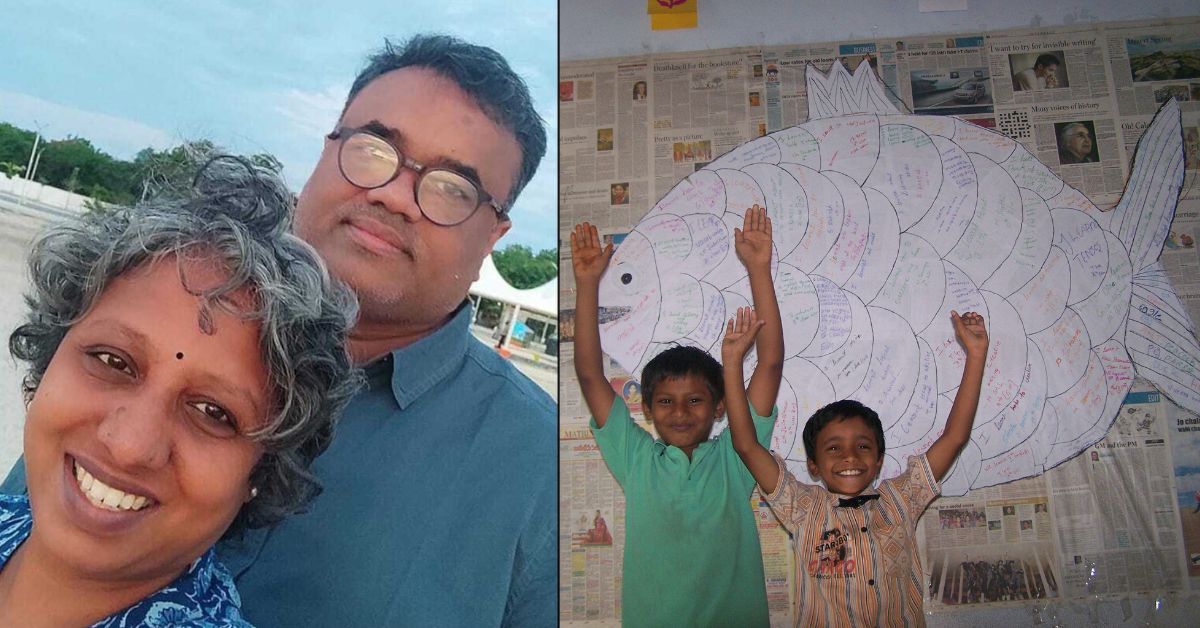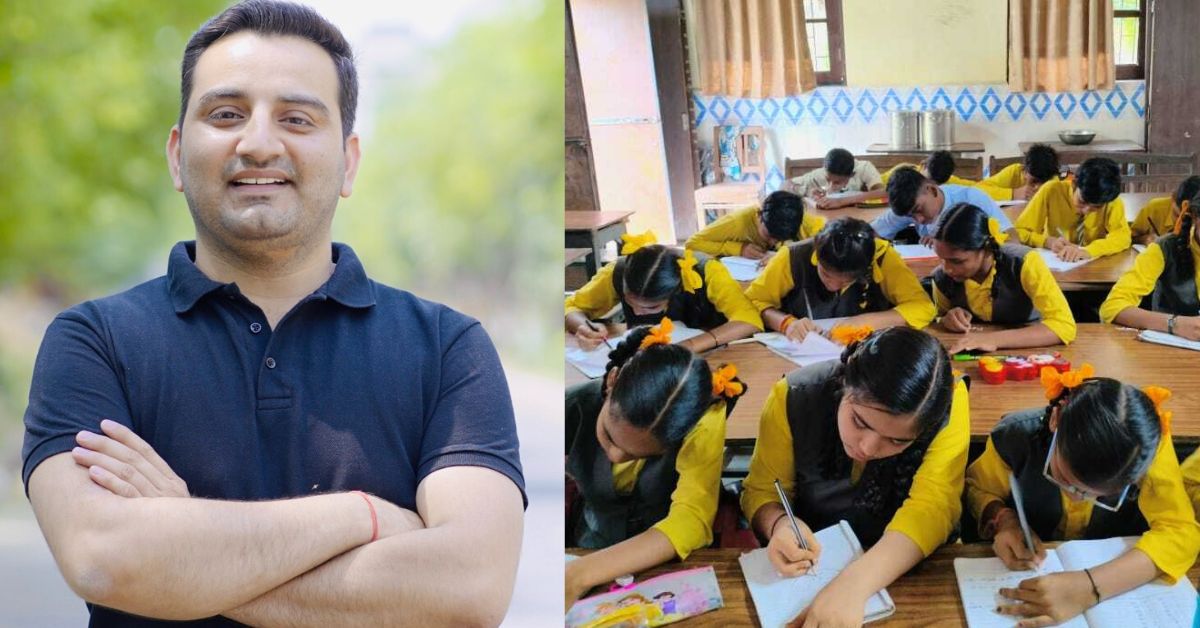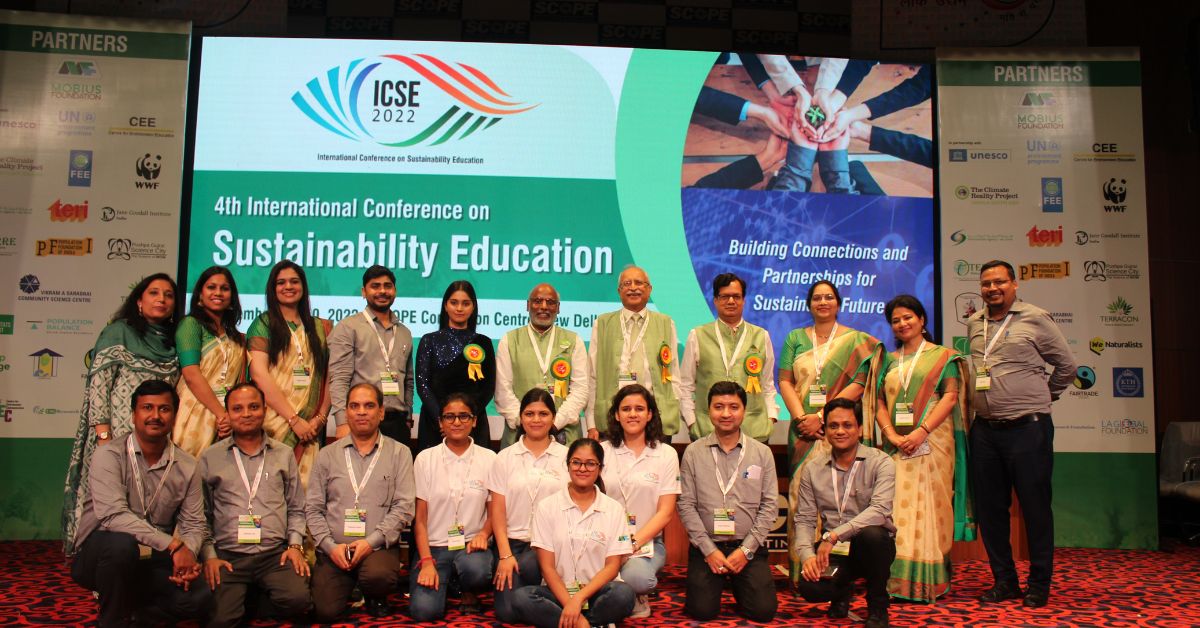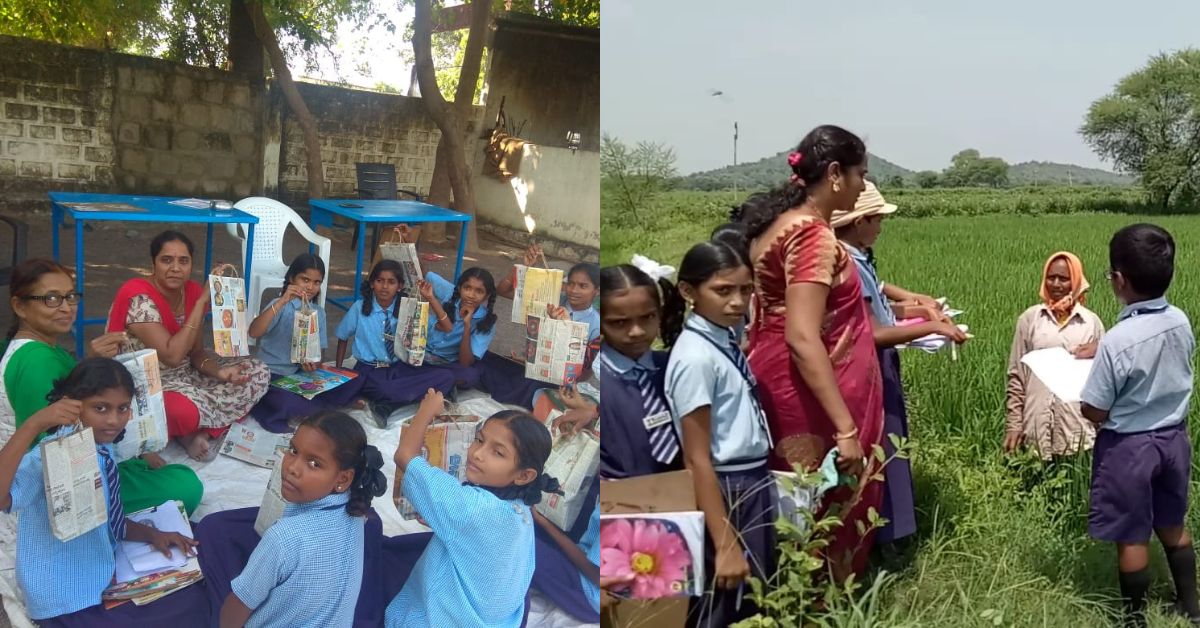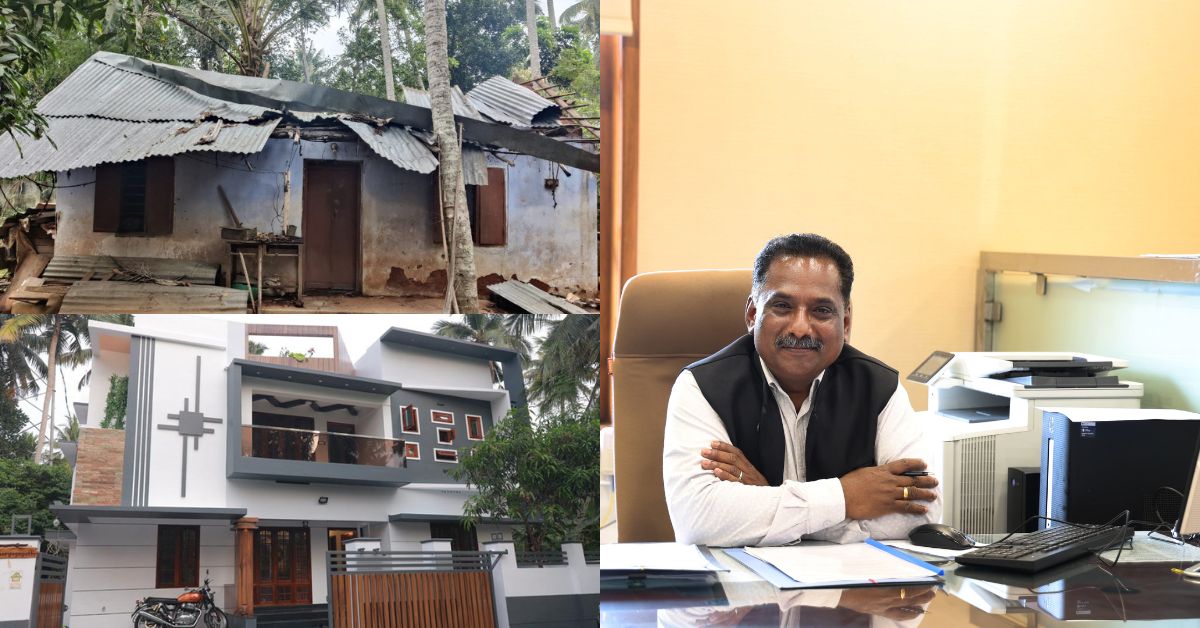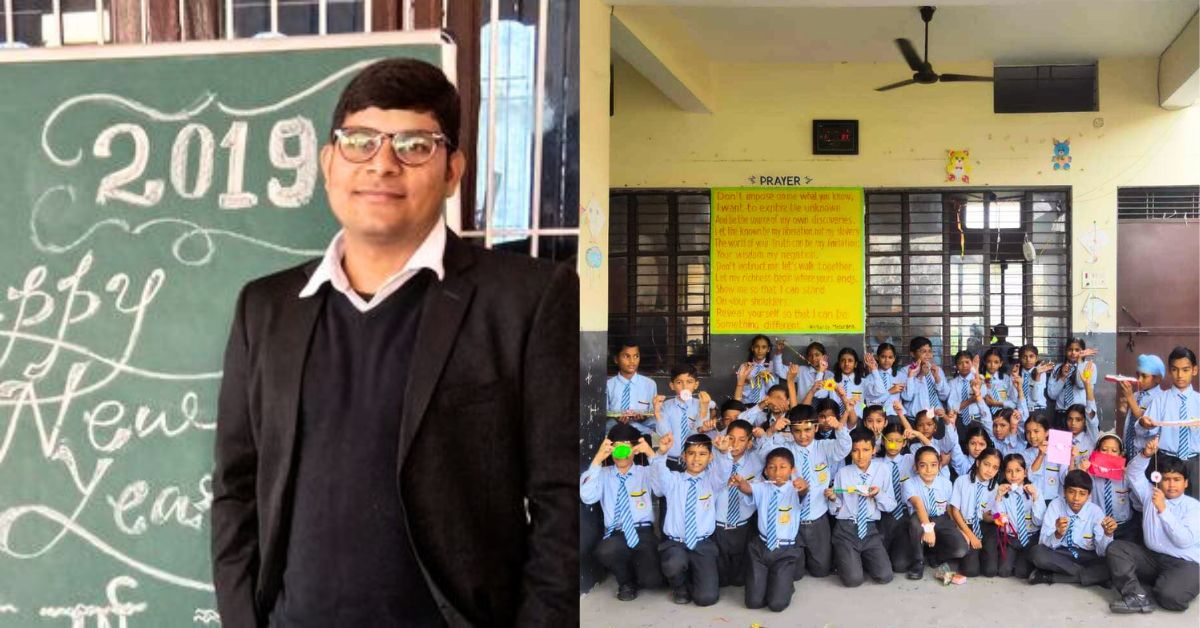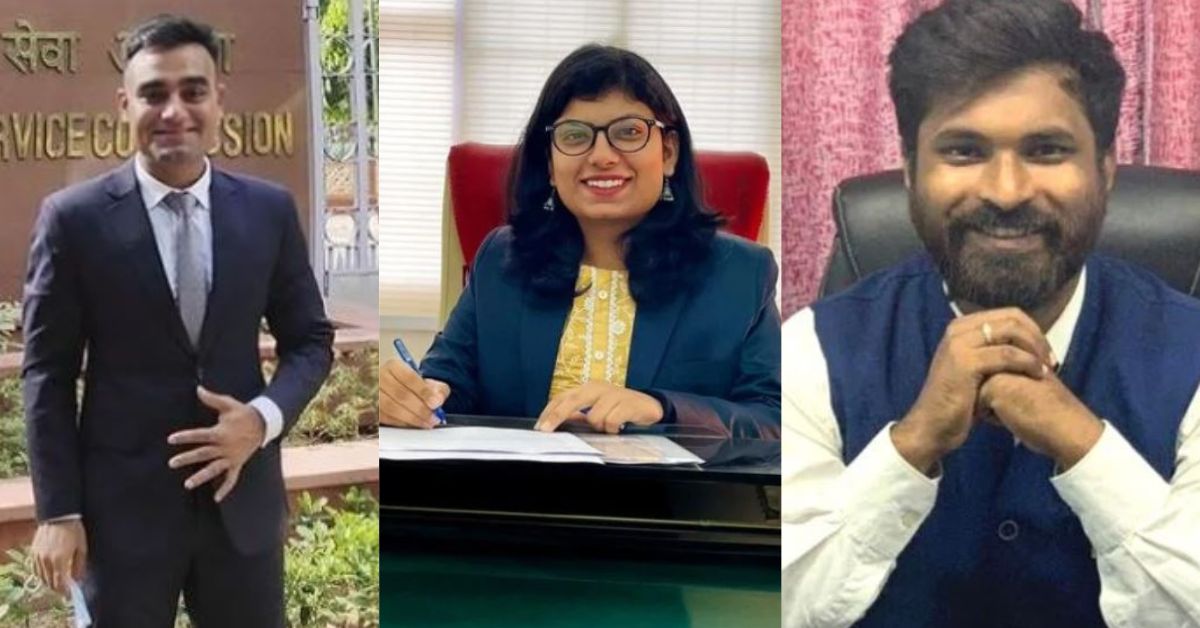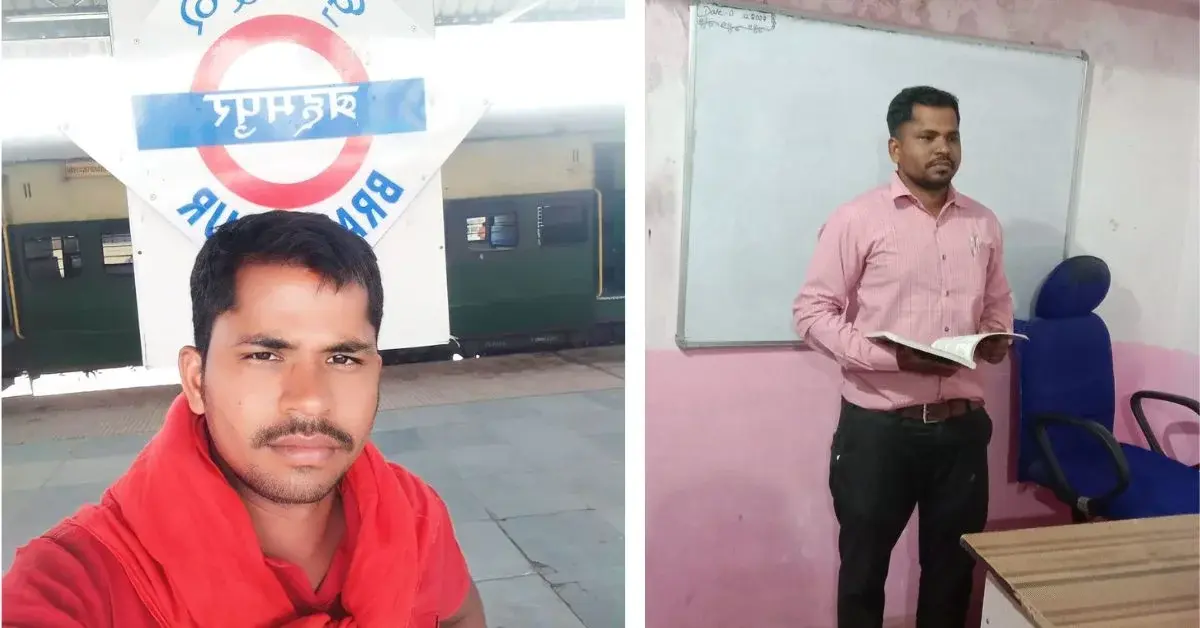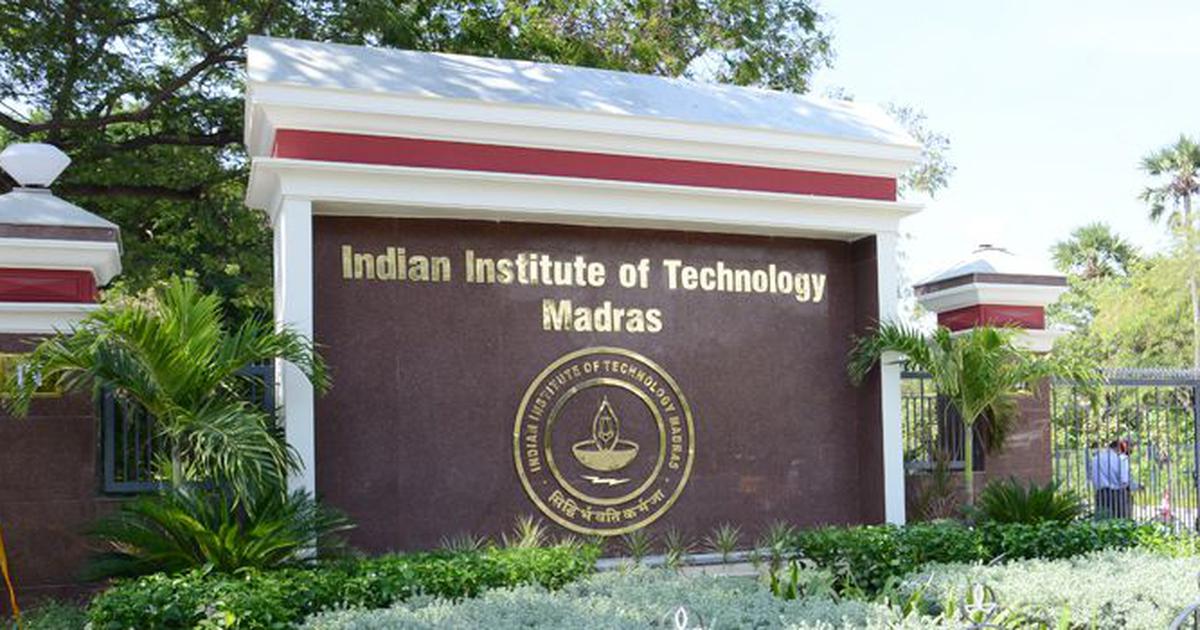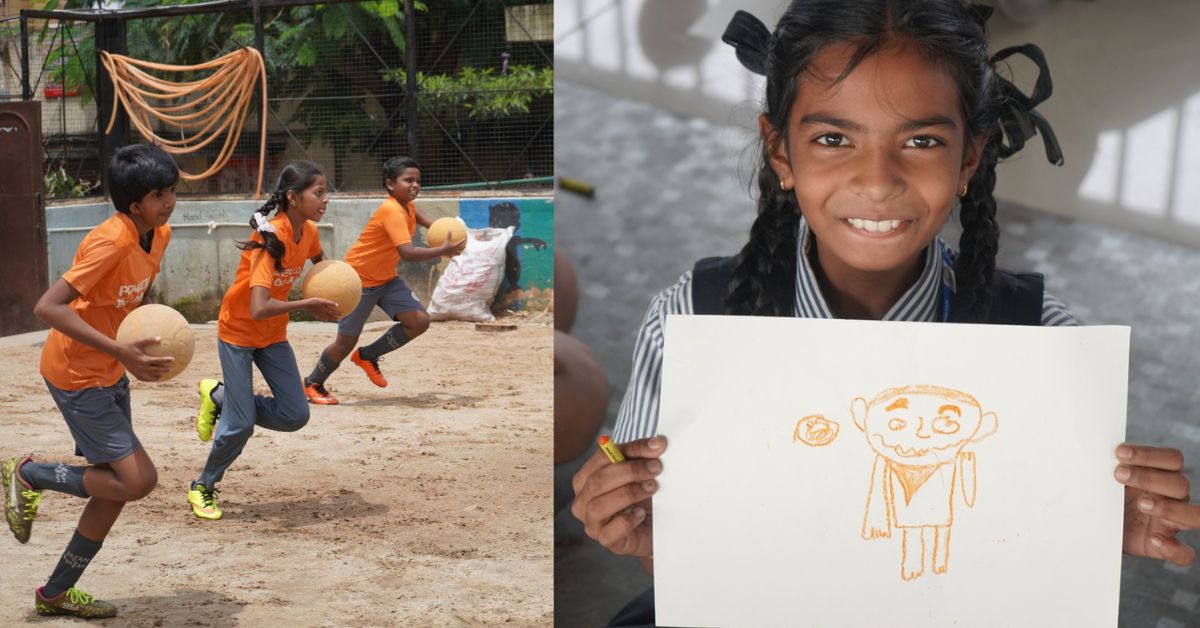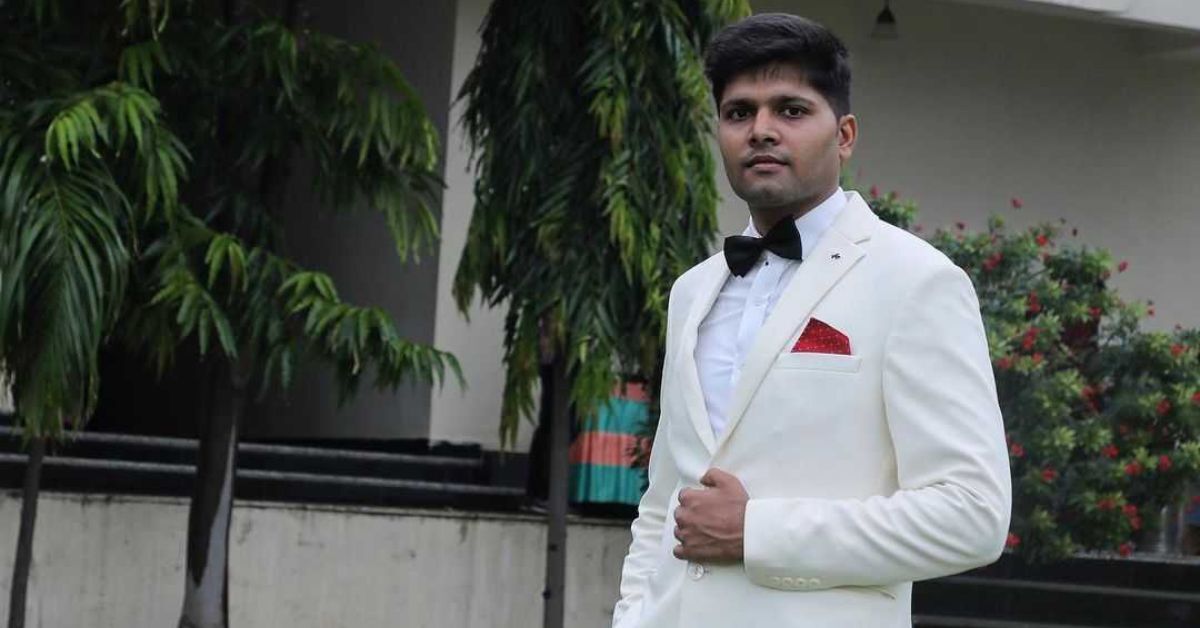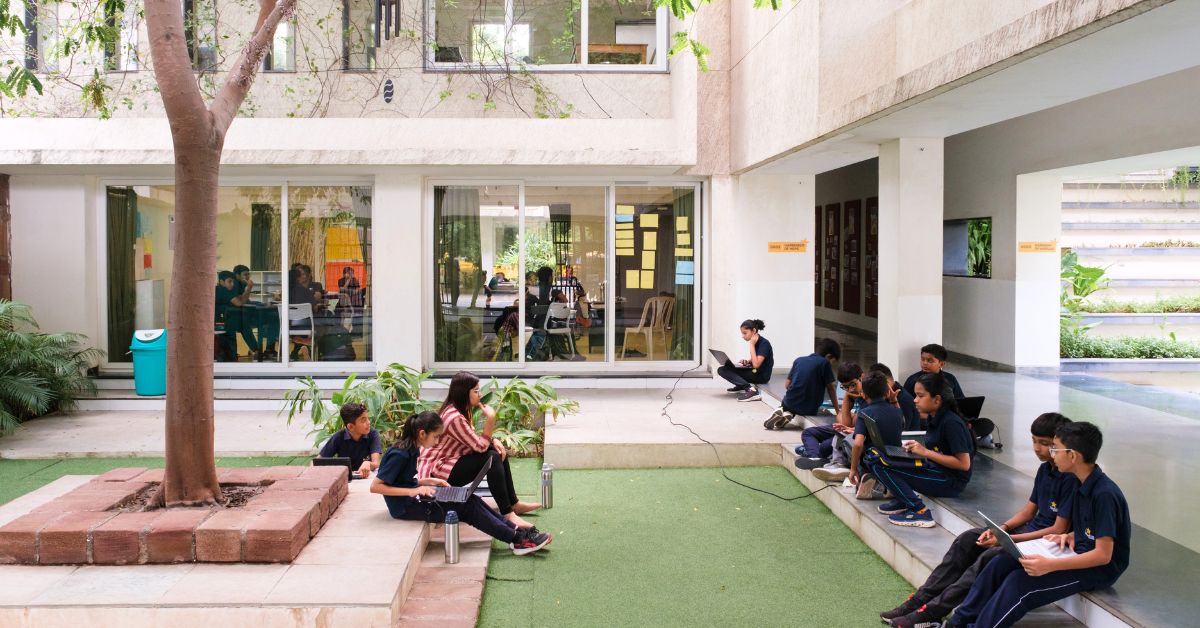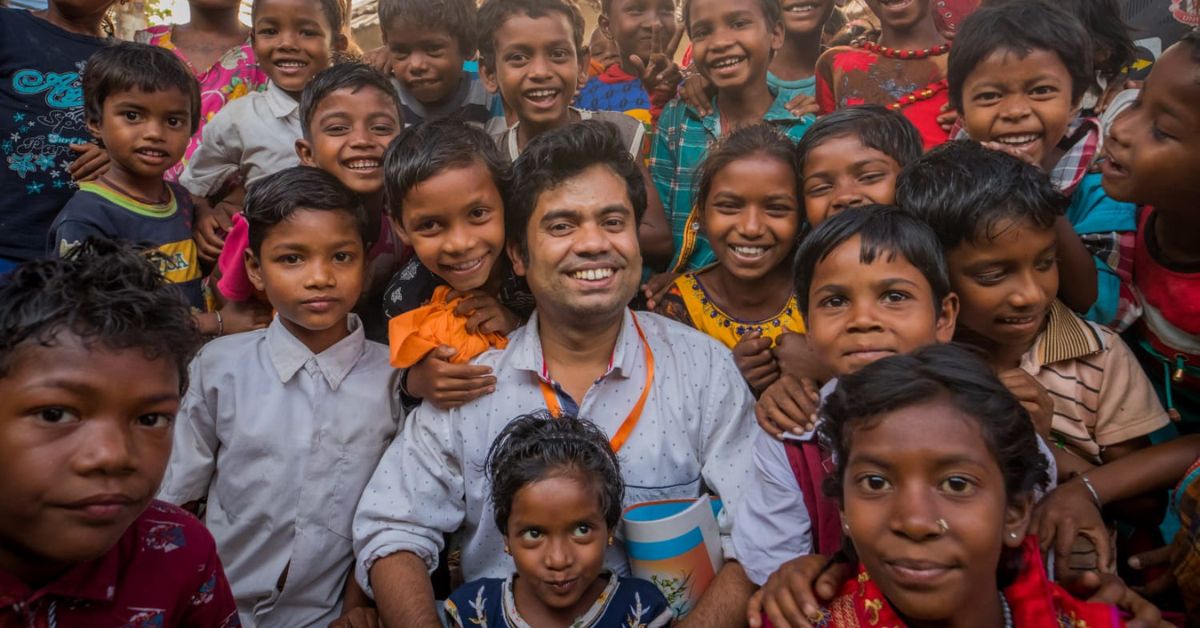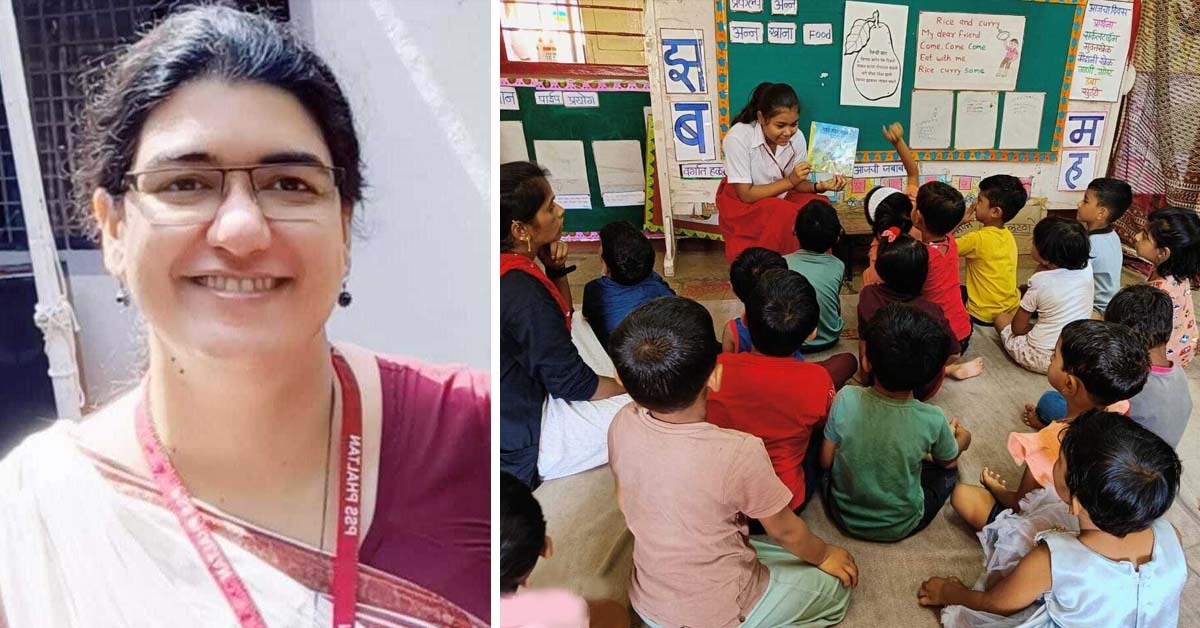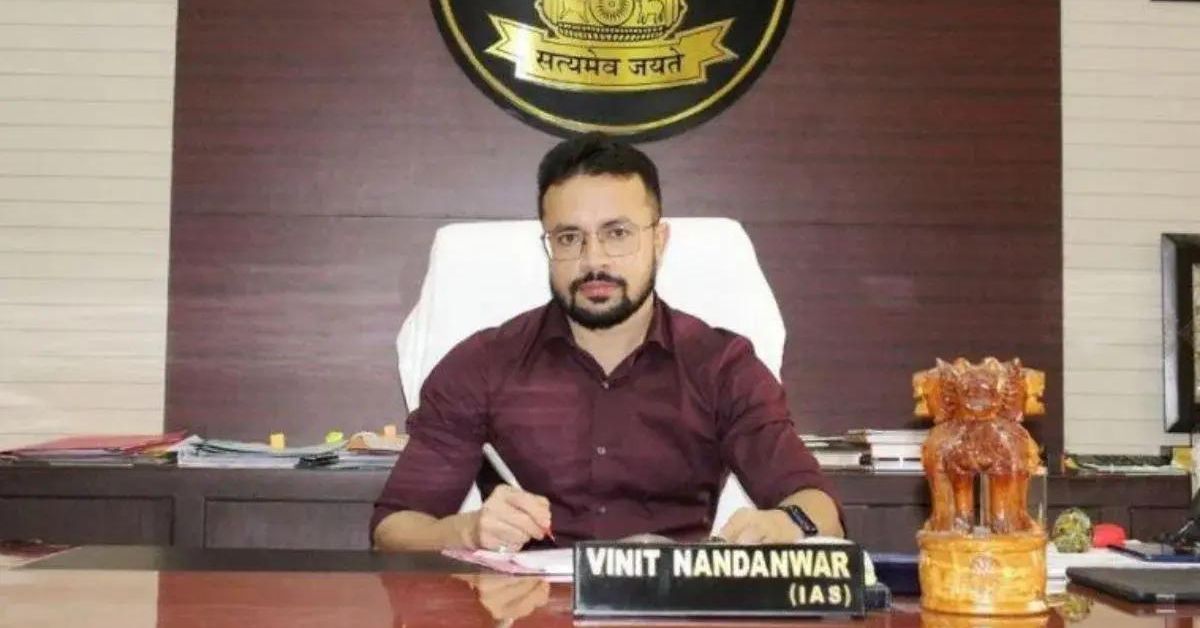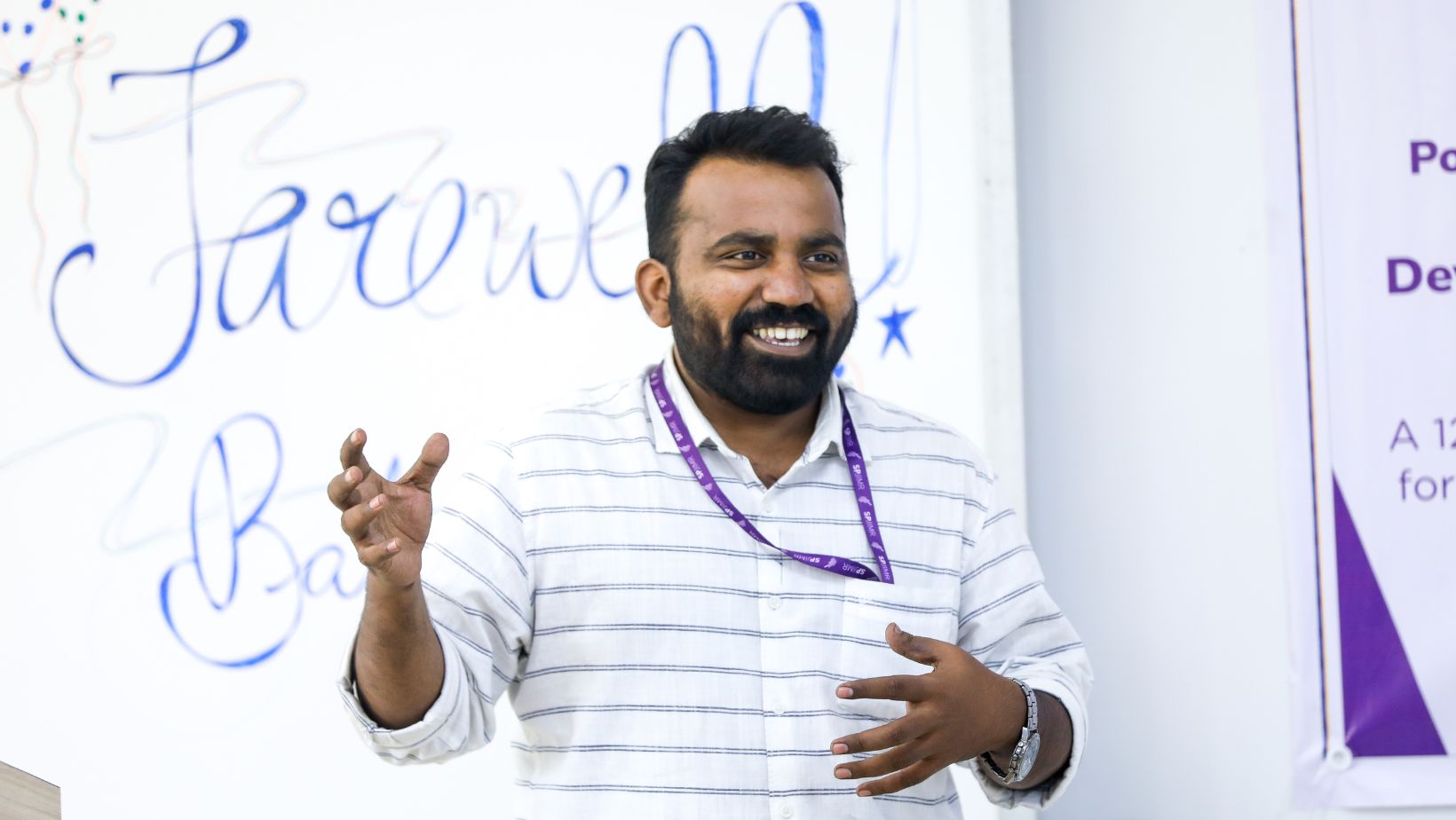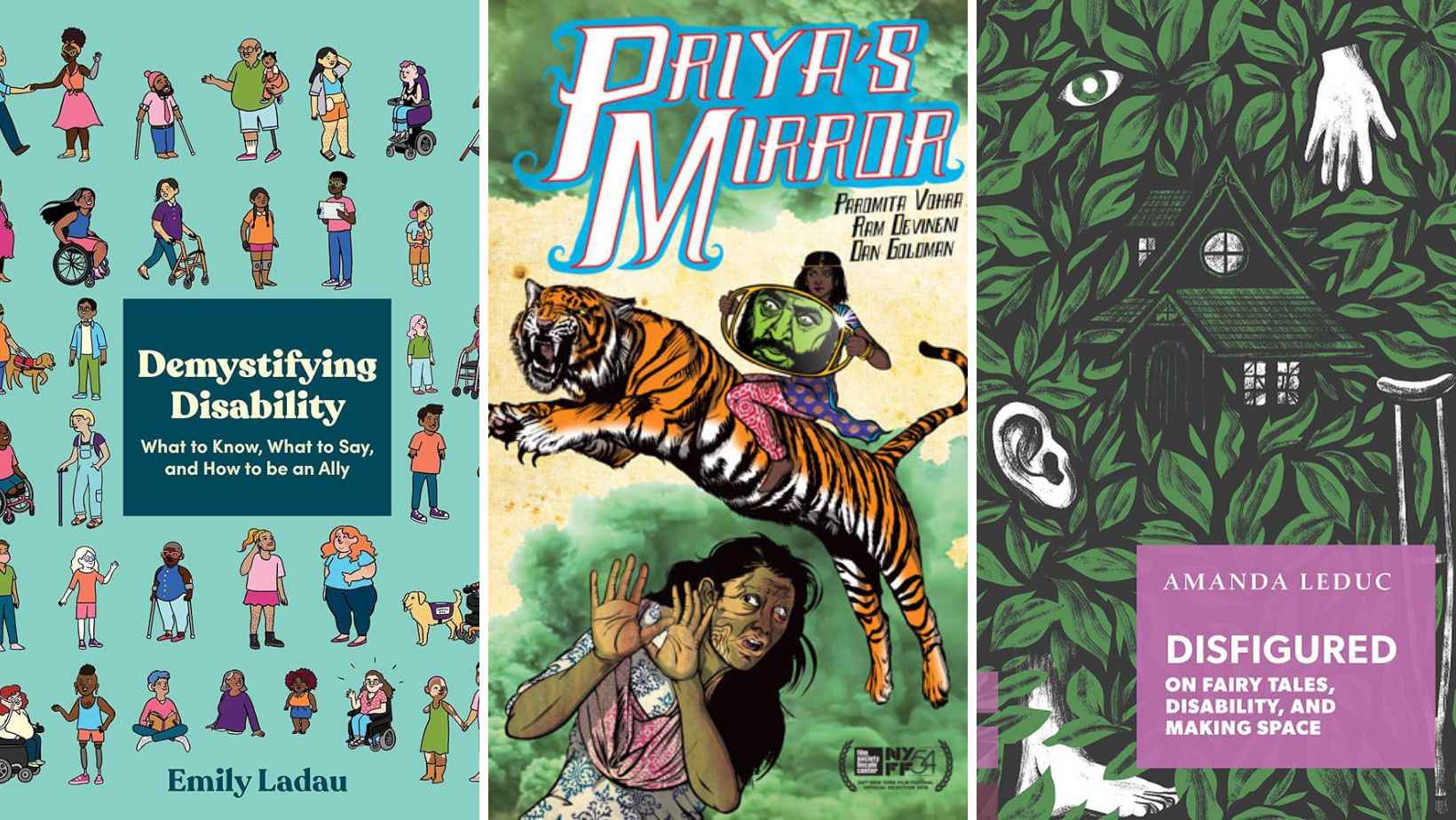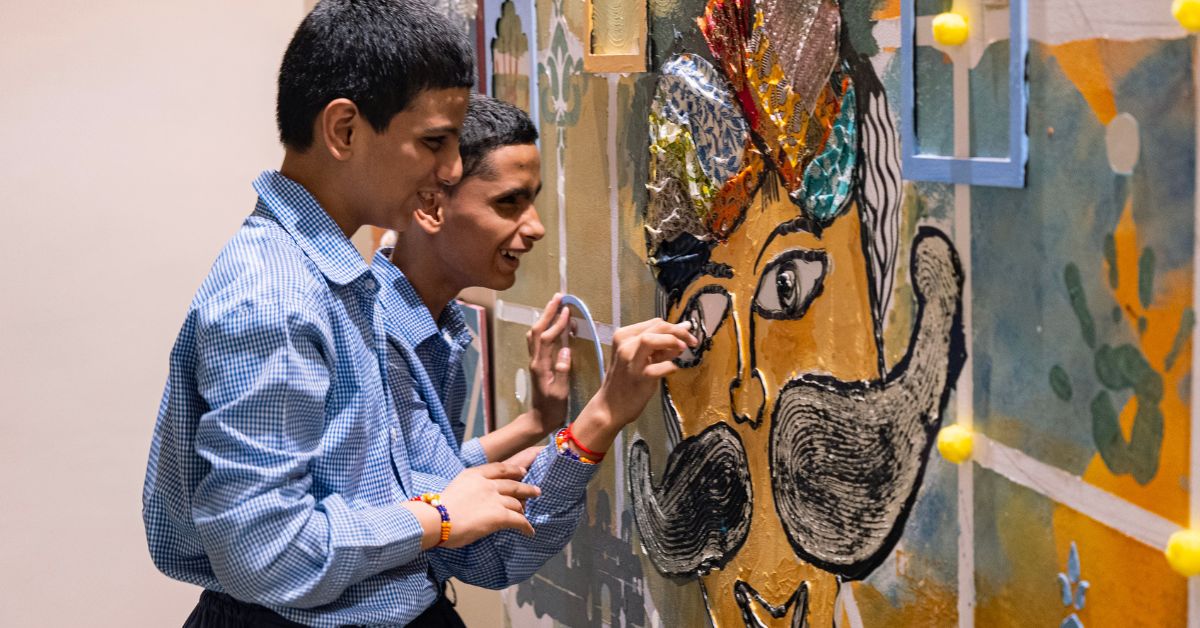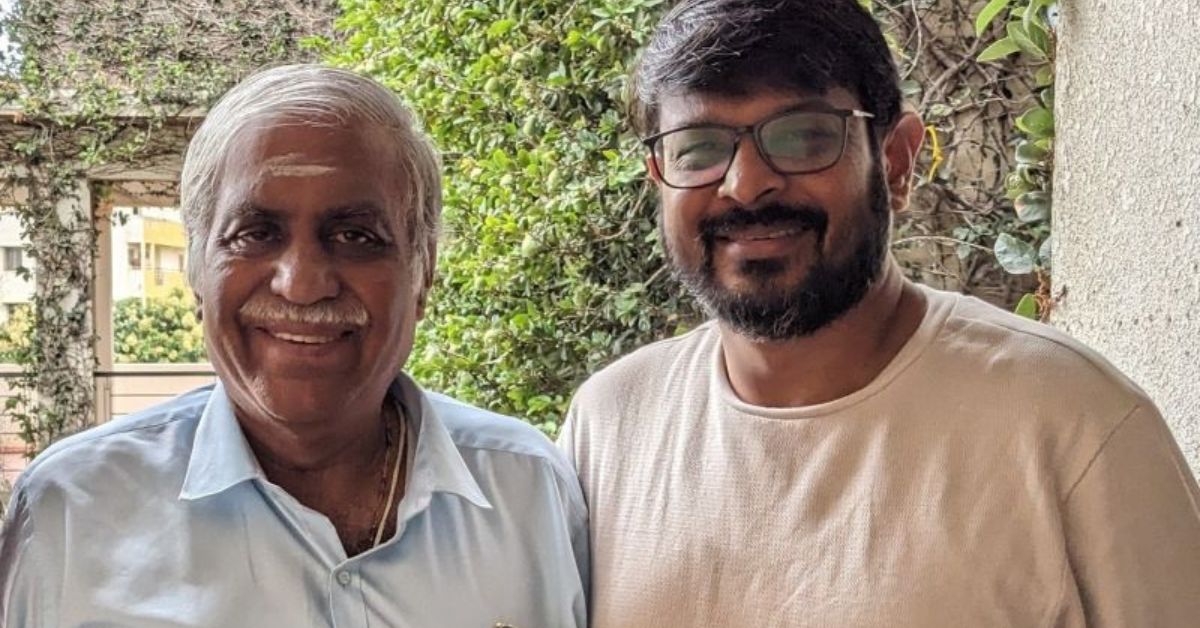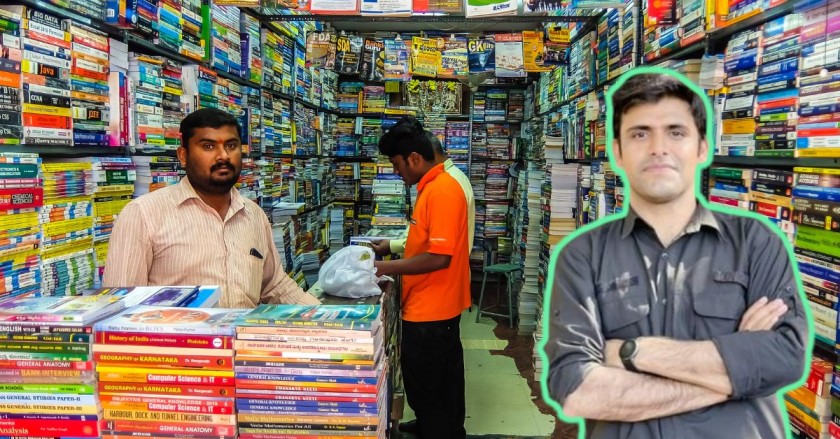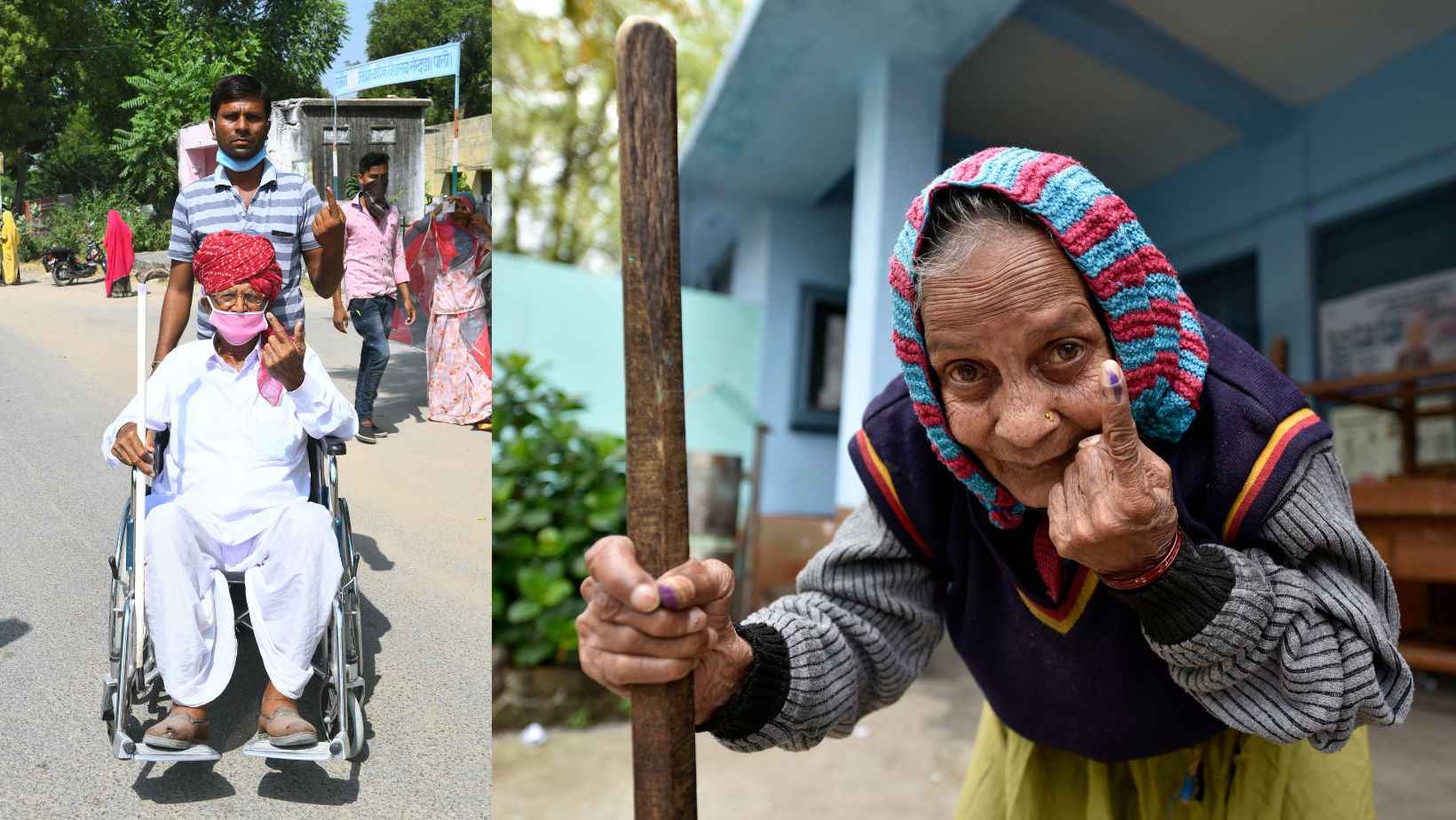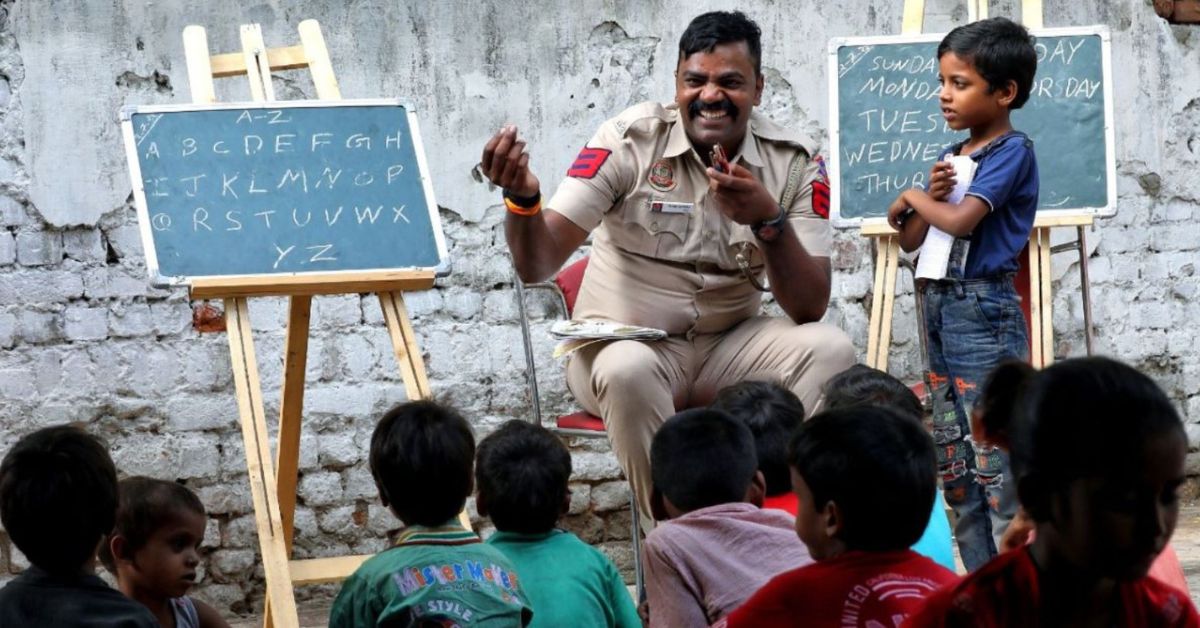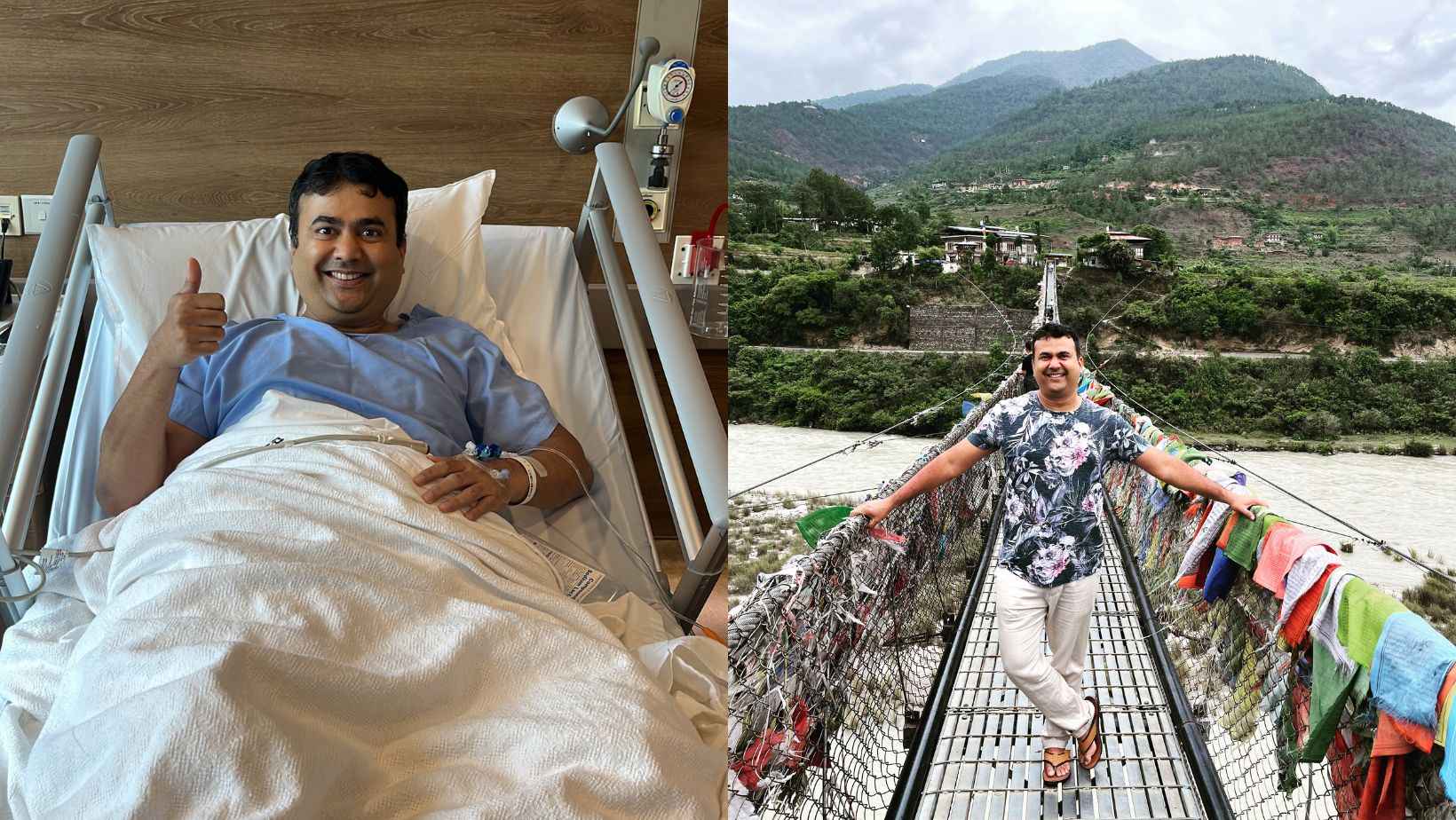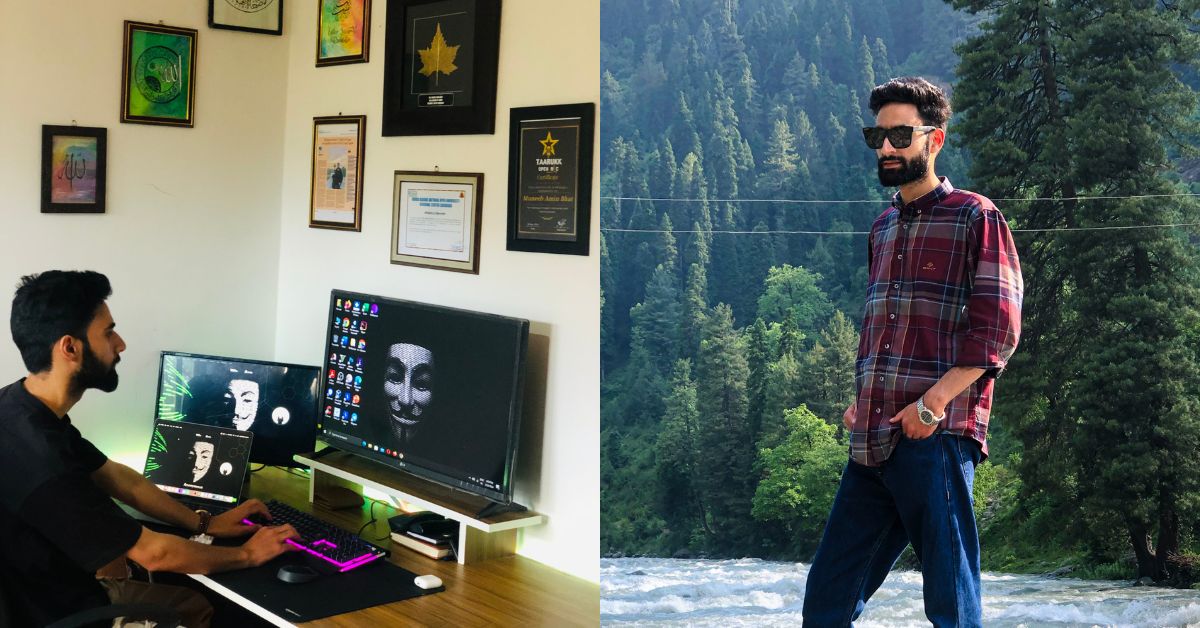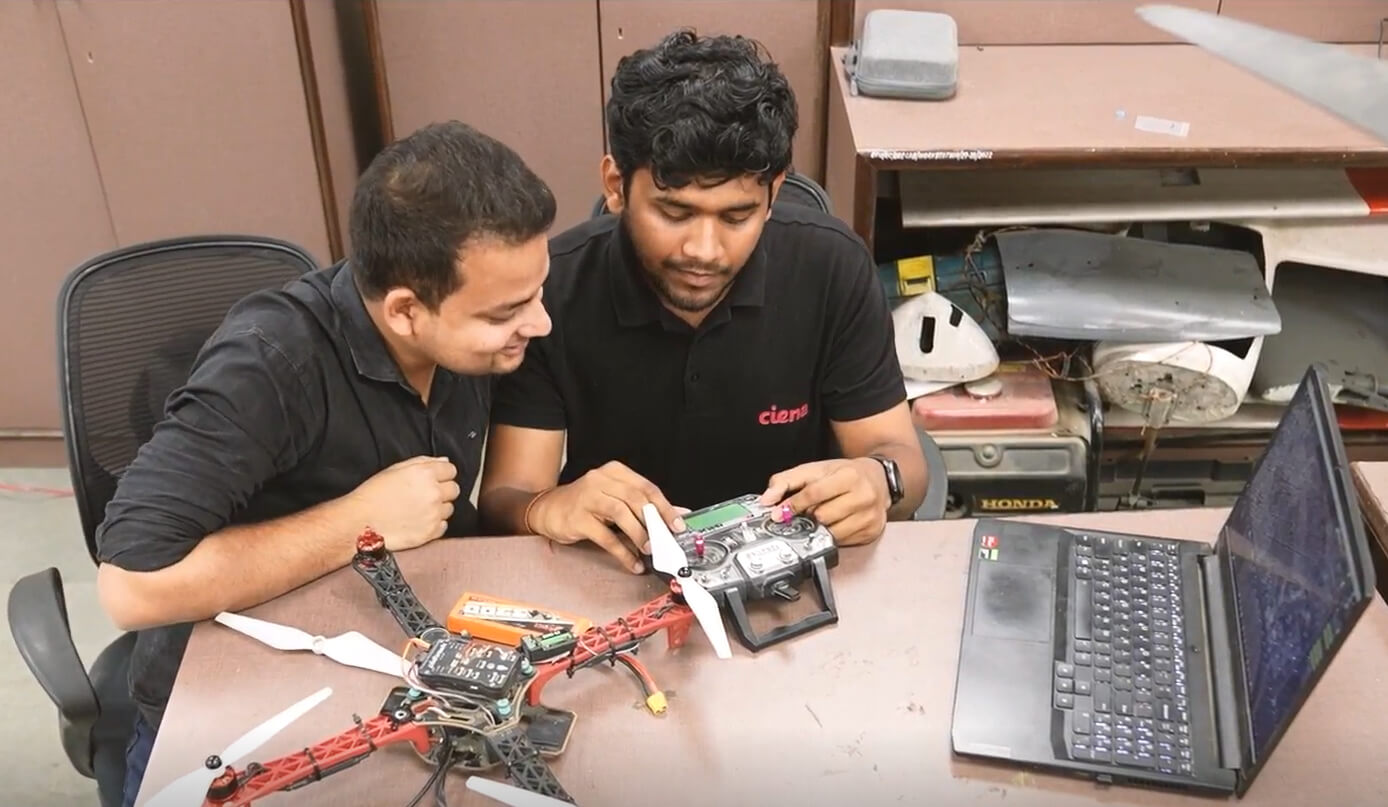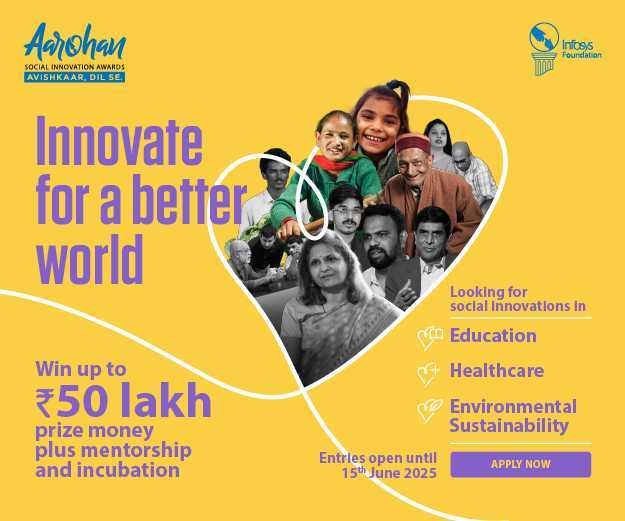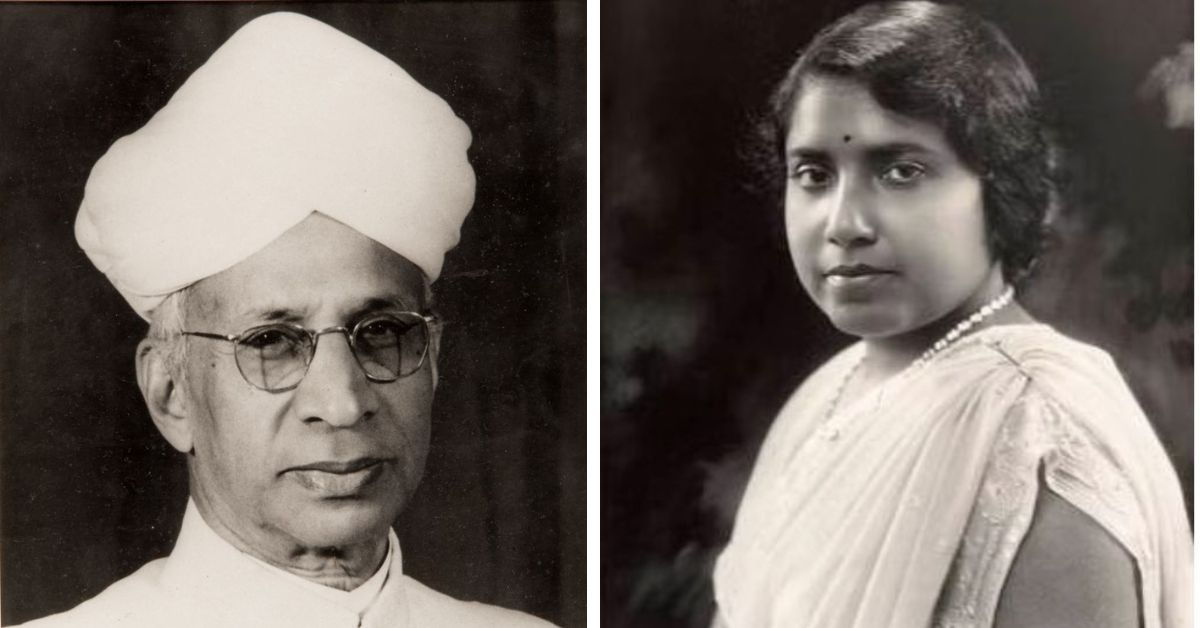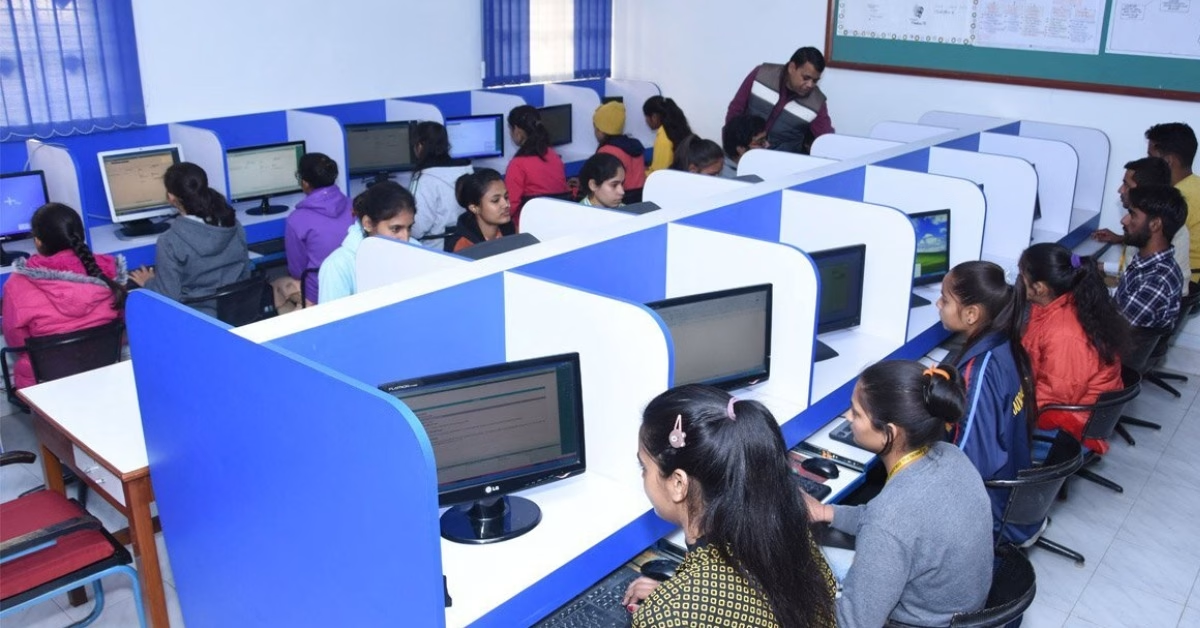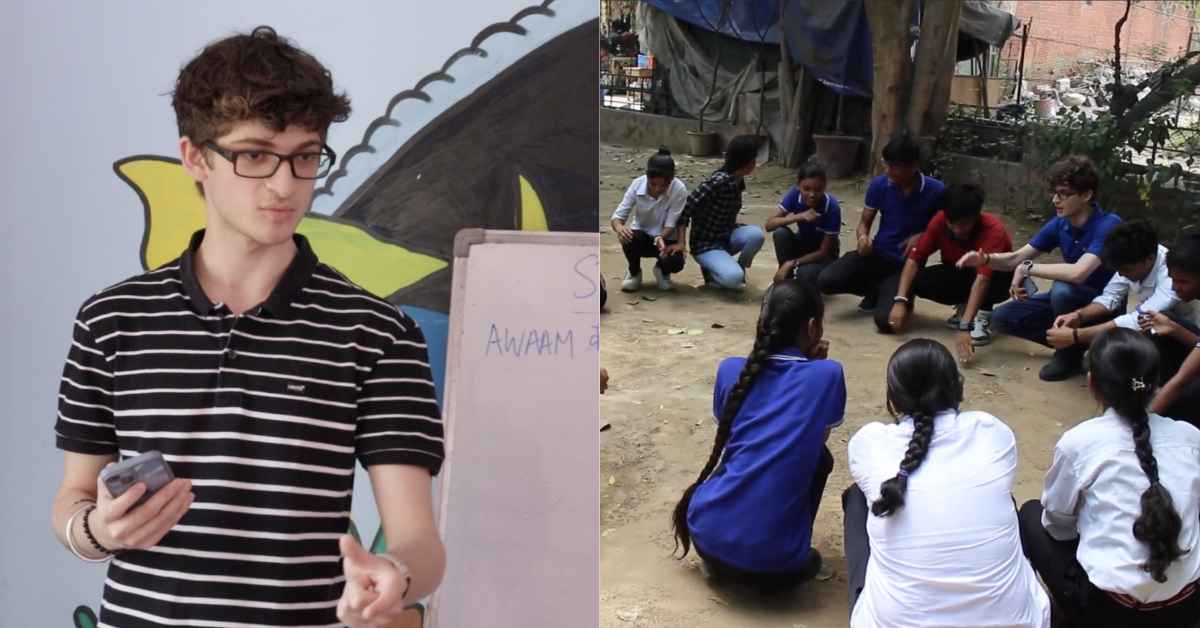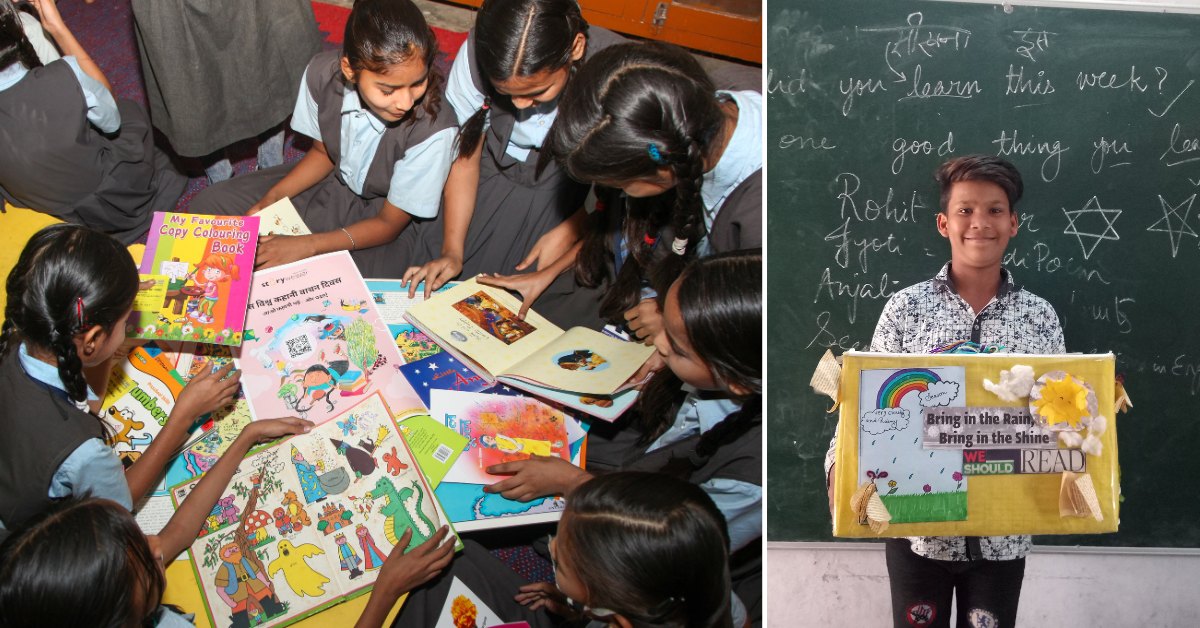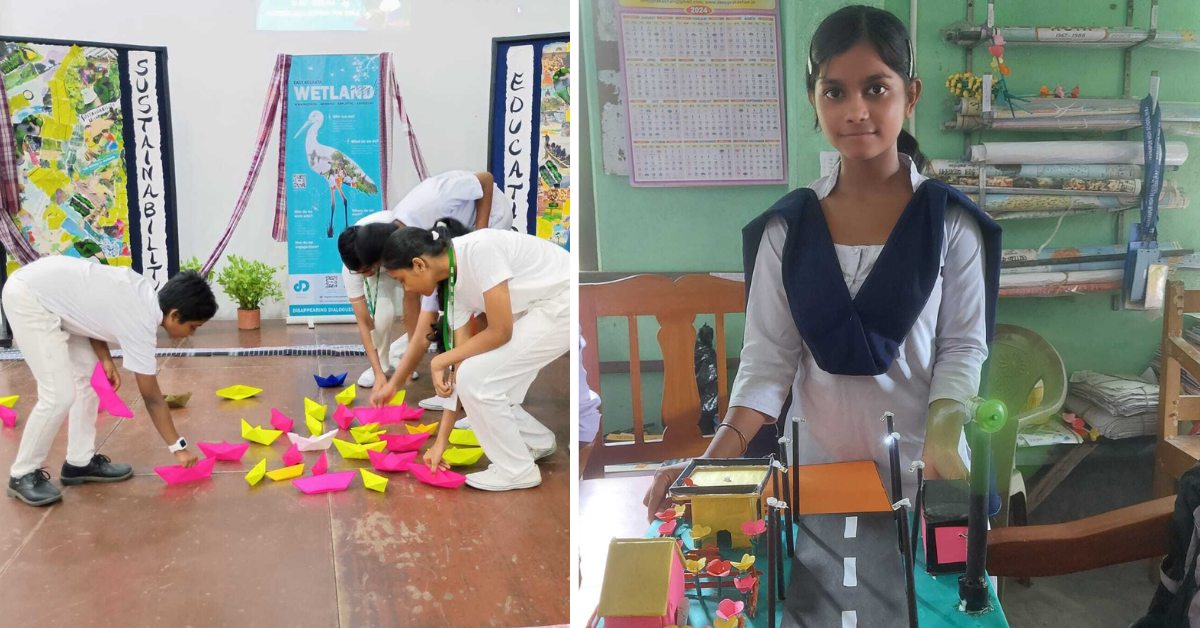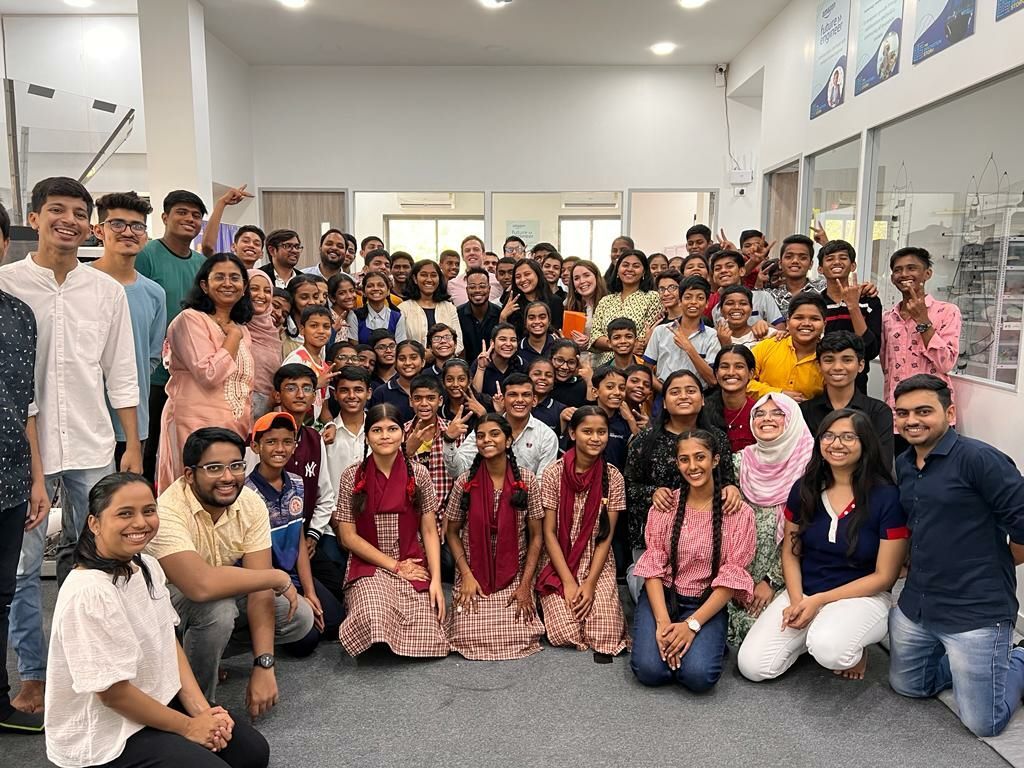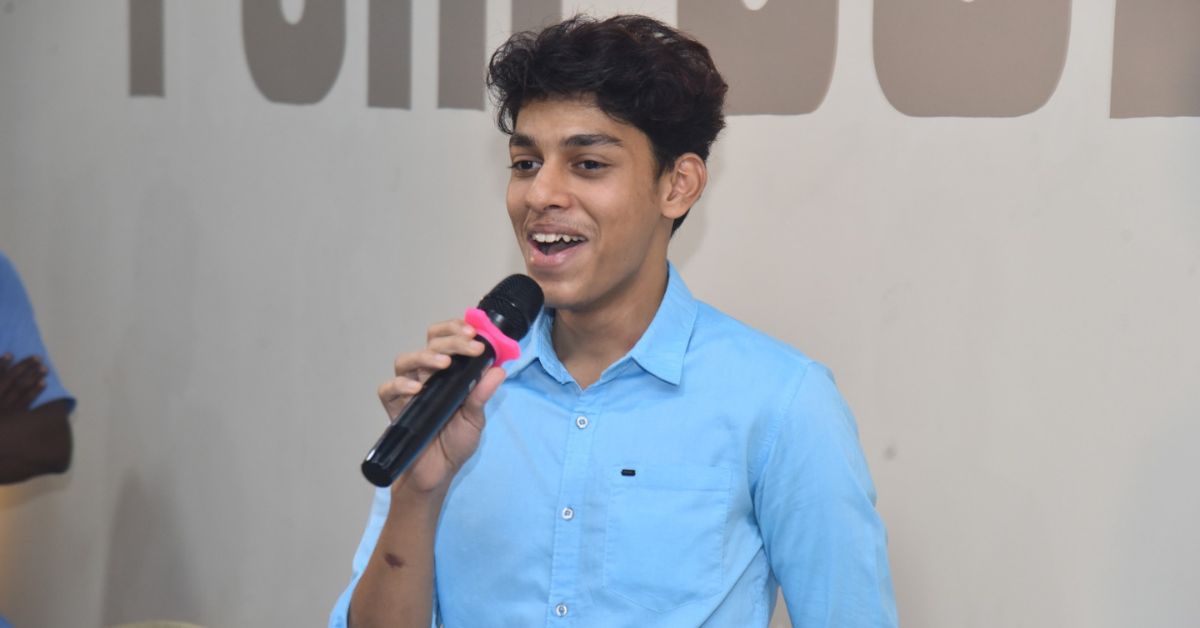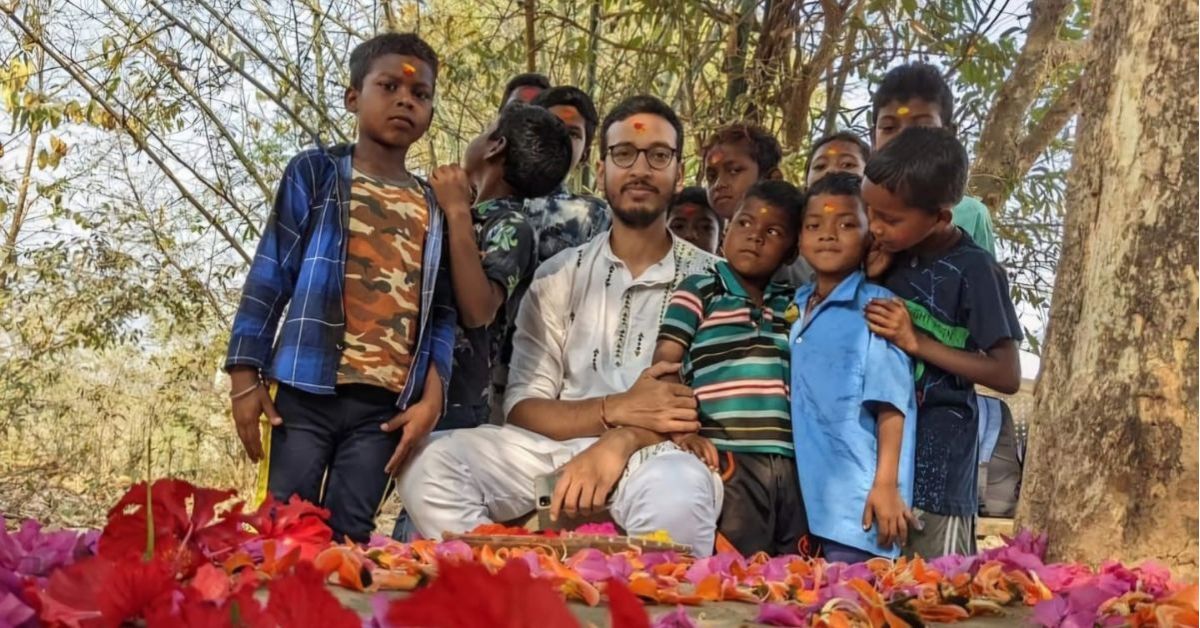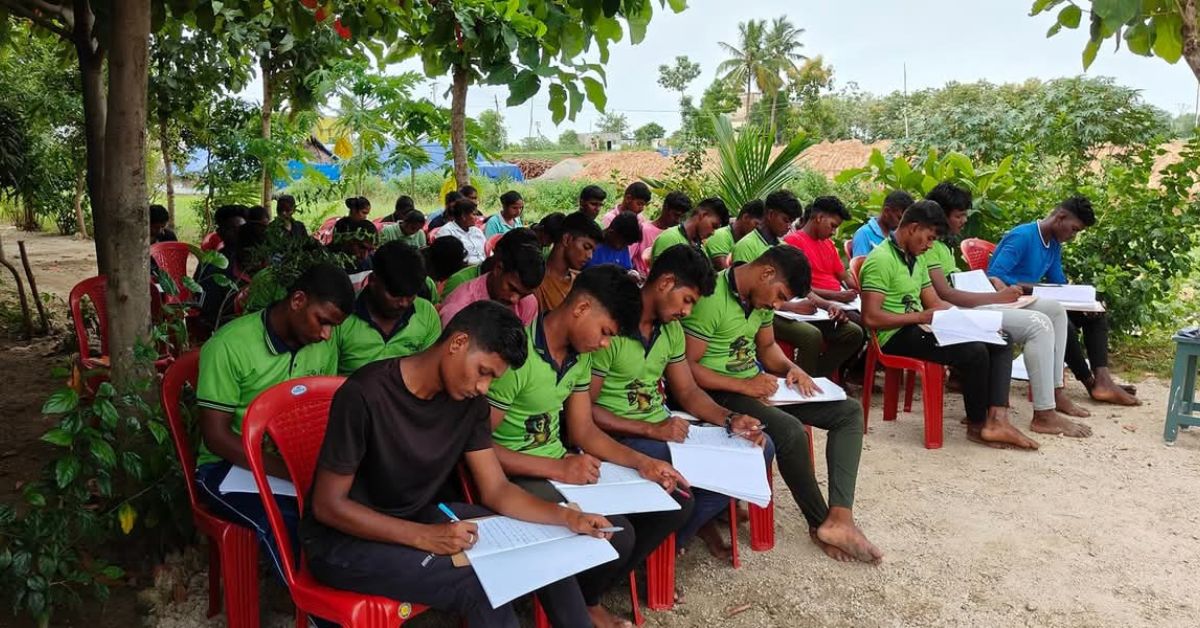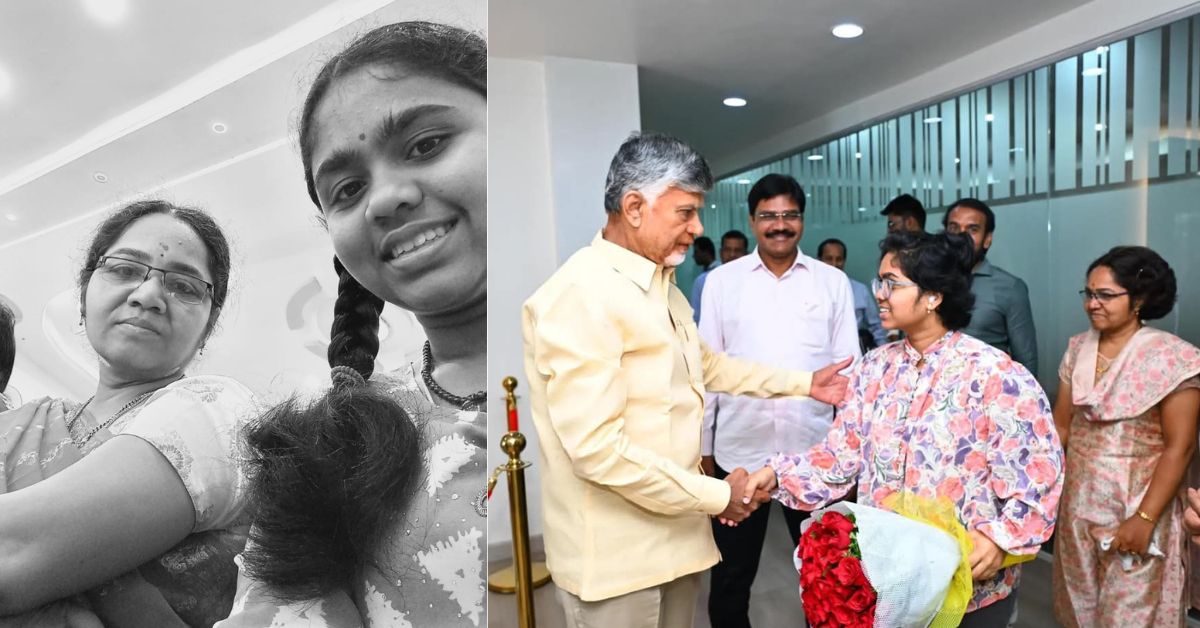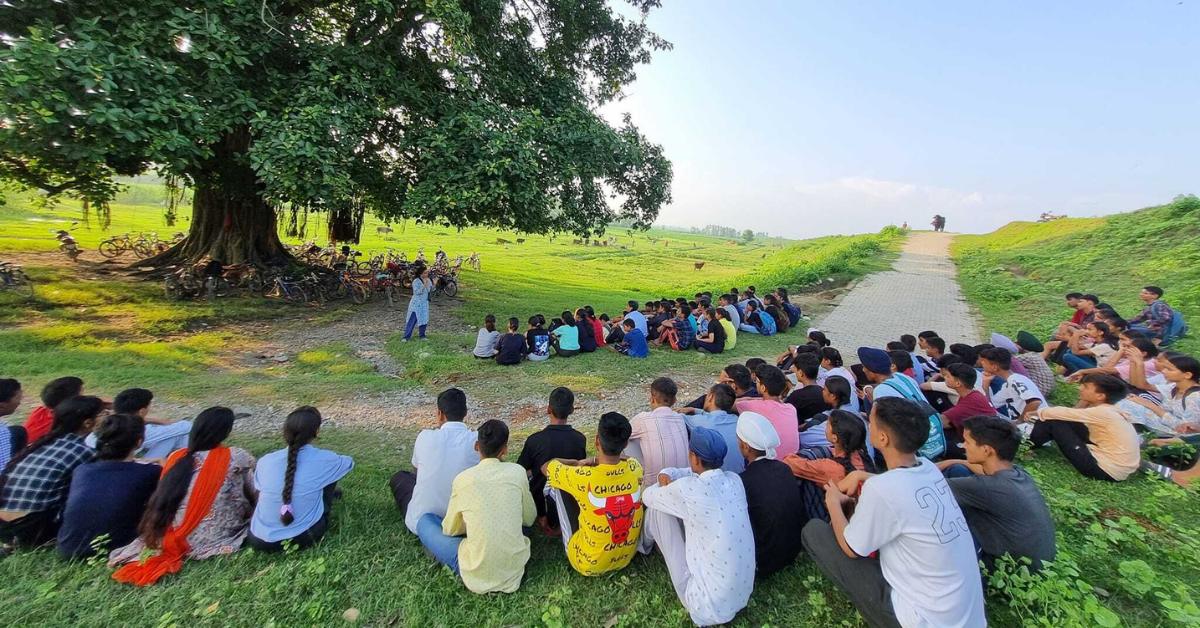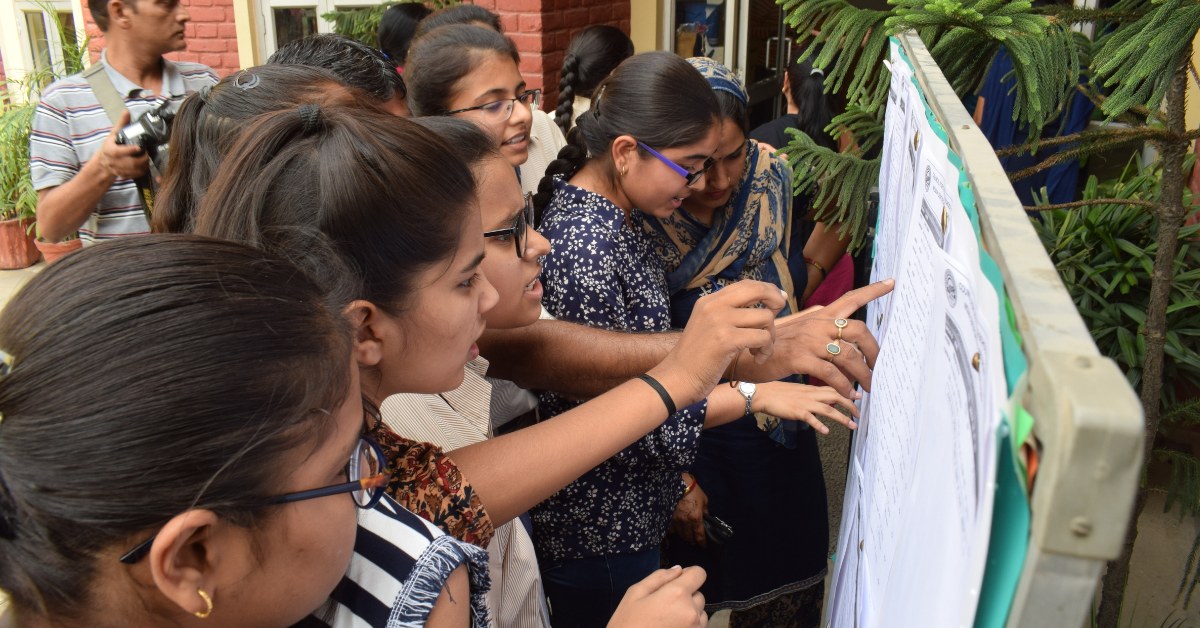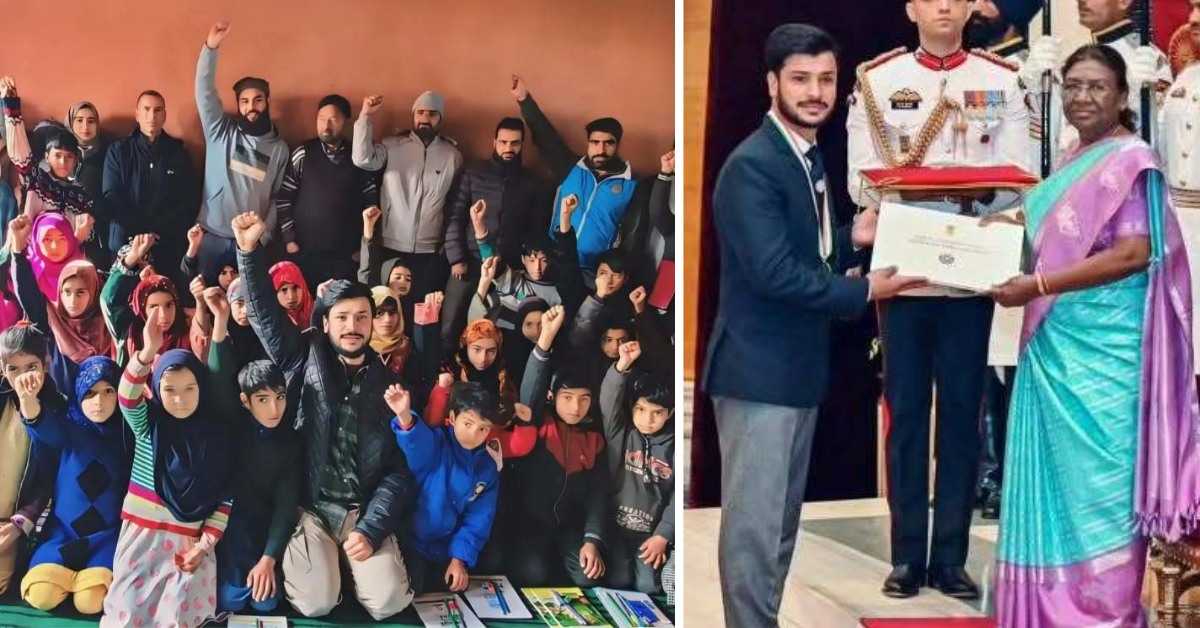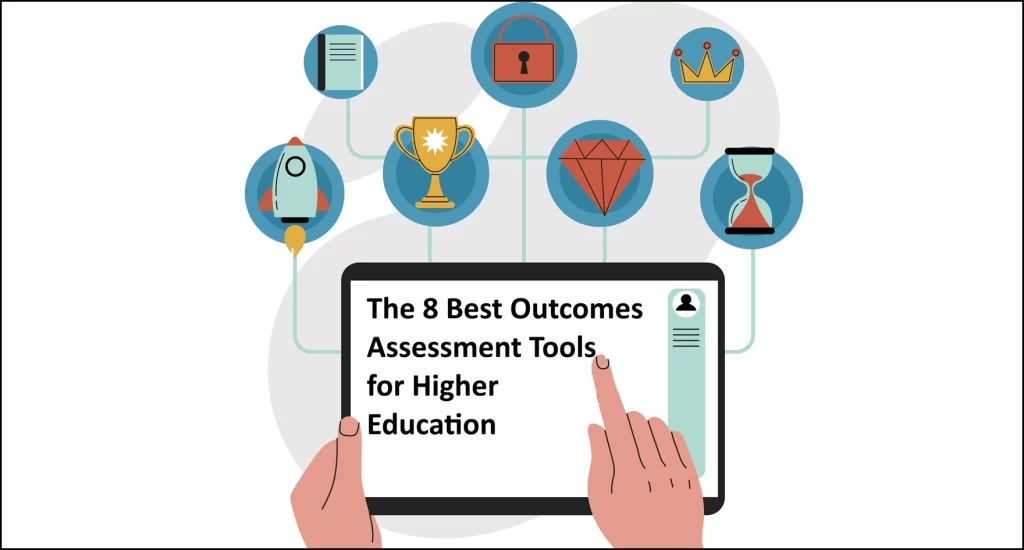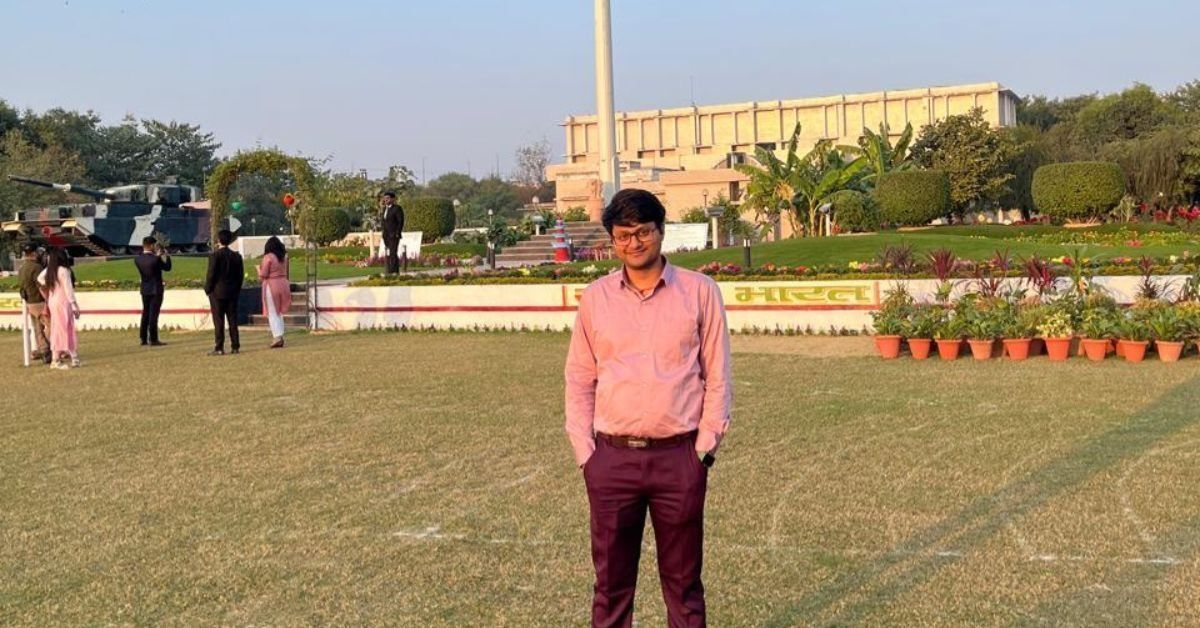
Trigger warning: This story shares an aspirant’s experiences with suicidal thoughts, panic attacks, and mental health challenges during UPSC preparation. Please read with care and take a pause if you need to. If you or someone you know is struggling, we encourage you to reach out for support.
In 2020, at the height of the COVID-19 pandemic, Aryendra Kumar sat in a Delhi room with his heart pounding uncontrollably. It felt as though his chest might collapse, his breath shortening with every second. Panic attacks had become frequent, and in those lonely lockdown nights, dark thoughts crept into his mind: “Maybe it’s not worth it. Maybe I should end it.”
A graduate from IIT Kharagpur with a degree in electrical engineering, Aryendra came to Delhi to pursue a career in civil services. Behind the academic laurels, however, lay an exhausting inner battle — one that many UPSC aspirants silently fight.
Today, Aryendra stands tall as an IPS (Indian Police Service) officer. His journey is not only about clearing India’s toughest exam, but also about how he wrestled with suicidal thoughts, rebuilt his mental health, and proved that resilience can be as important as intelligence in the pursuit of dreams.
When panic nearly broke him
After graduating in 2019, Aryendra had not planned to dive straight into UPSC preparation. A backup job was part of his strategy. But campus placements did not work out, and the companies he was waiting for either didn’t arrive or didn’t offer the right opportunities. Suddenly, he found himself thrown into UPSC preparation without a safety net.
His first two attempts ended in disappointment when he couldn’t clear the preliminary stage. The vast syllabus, coupled with the uncertainty of the exam, weighed heavily on him.
/filters:format(webp)/english-betterindia/media/media_files/2025/09/10/aryendra-3-2025-09-10-14-29-53.jpg)
For a while, Delhi’s coaching classes gave him comfort. The structure helped him believe in his progress, and he was able to follow along. But when classes ended and lockdown began, the silence grew louder. The absence of peers, the constant barrage of negative thoughts, and the inability to step outside turned his mind into a battleground.
By April 2020, things had reached a dangerous peak. “During panic attacks, I would feel like my heart was about to stop. It felt like I might collapse any moment,” Aryendra recalls.
He couldn’t share his suffering with his parents, fearing they would panic. His relatives, who were already hosting him, couldn’t be burdened either. So he carried the weight alone. “The spiral of anxiety and depression seemed endless,” he says.
The turning point came when the lockdown eased in September. Aryendra moved to Prayagraj to stay with his uncle. That change of environment, coupled with a conscious decision to take charge of his mental health, became the first step toward recovery.
From there, Aryendra began rebuilding piece by piece, starting with a strict routine.
How discipline gave him balance
One of Aryendra’s biggest realisations was how nights amplified negativity. “At night, exhaustion and overthinking made everything worse,” he explains. To counter this, he reset his schedule: waking up at 5 am, going to bed by 10 pm, and filling his days with structured study and wellness practices.
Meditation and exercise became non-negotiable parts of his mornings. At first, he relied on YouTube videos for guidance. Over time, the practice shifted from compulsion to habit, and eventually, to a source of inner peace. “Meditation not only improved my focus but also created a positive environment in my mind. It reduced the noise of anxiety,” he says.
/filters:format(webp)/english-betterindia/media/media_files/2025/09/10/aryendra-1-2025-09-10-14-16-37.jpg)
His daily timetable was strict but steady. Study blocks interspersed with breaks gave rhythm to his day. Far from monotonous, the routine offered him security and a sense of progress — both crucial for mental stability.
Breaking the mountain into steps
Another coping strategy Aryendra discovered was the power of roadmaps. Initially, the vast UPSC syllabus left him overwhelmed, pushing him deeper into despair. But once he broke the vast syllabus into manageable parts, everything changed.
“Instead of thinking only about clearing UPSC, I made small, achievable targets. Every time I completed one, I felt motivated. Small wins gave me the confidence to keep moving,” he reflects.
This approach echoes a core principle of psychology: progress, however small, fuels perseverance. For Aryendra, ticking off milestones — whether finishing a section of the syllabus or writing a daily answer — became a lifeline.
Shutting out the noise
To fully commit to his preparation and mental recovery, Aryendra made a tough decision. He changed his phone number, giving it only to his parents and uncle. “Friends, with their constant comparisons about salaries and corporate jobs, could wait. I didn’t want to drown in negativity about packages or job offers when my focus had to be different,” he explains.
At night, he began writing in a diary. Instead of bottling up his fears, he poured them onto paper. Each entry ended with a positive resolution — what he would try the next day, how he would improve. Some days, the same struggles repeated, but gradually the act of writing reframed his perspective. “Positive affirmations in the diary shifted my attitude and gave me hope,” he says.
From failed attempts to becoming an IPS
With greater clarity and renewed focus, he turned back to the exams — and unlike many aspirants who see backup plans as distractions, he found strength in his.
After failing the UPSC prelims, he redirected his focus to the UPPCS (Uttar Pradesh Provincial Civil Services) exam in 2021, just 15–20 days later. To his surprise, he cleared the prelims, then the mains, and eventually reached the interview stage. That success gave him his first official posting as a Naib Tehsildar.
The achievement didn’t divert him from UPSC. It energised him. The state exam became a confidence booster, proof that his hard work was yielding results. While serving as a Naib Tehsildar, he continued his UPSC journey with renewed spirit.
/filters:format(webp)/english-betterindia/media/media_files/2025/09/10/aryendra-2-2025-09-10-14-17-29.jpg)
By his third UPSC attempt in 2022, Aryendra had reached the interview stage. In 2023, he achieved what once felt impossible: he cleared UPSC and earned a posting in the Indian Railway Management Service (IRMS). Not stopping there, he appeared again in 2024, improved his rank to 527, and secured the IPS service.
For him, the real victory was not just over an exam, but over the suicidal thoughts that once haunted him.
Lessons for aspirants
Aryendra’s journey holds important lessons for every aspirant walking the thin line between ambition and despair. Based on his experience, he shares suggestions for the lakhs of aspirants out there.
-
Accept uncertainty. UPSC may or may not work out. Mental preparation for both outcomes is essential.
-
Don’t rush a backup plan, but don’t avoid it forever. Consider alternatives after one or two attempts; it gives security without diluting focus.
-
Consistency matters more than bursts of effort. A steady schedule keeps energy focused and productive.
-
Caring for mental health is strength, not weakness. Practices like meditation, affirmations, and trusted conversations can be lifesaving.
-
Society’s definition of success isn’t everything. Civil services are prestigious, but fulfilment can come from many paths.
But beyond study strategies and backup plans, his biggest lesson is about life itself.
His biggest lesson: Choose life
Aryendra notes that depression and anxiety are too often brushed aside as “overthinking” or, worse, as madness. Parents, unaware of the depths of the struggle, may simply advise, “Just study harder.” But his words underline a truth many aspirants know yet hesitate to voice: “The battle is real, and silence only worsens it.”
He believes this silence can cost lives. “Educational institutions and families alike need to normalise conversations about mental health. Recognising it early, offering empathy, and creating supportive environments could save countless lives,” he says.
The uniform he wears today is a symbol of perseverance, but for Aryendra, it also carries a deeper reminder. In that Delhi room where panic and loneliness once left him gasping for air, he could not have imagined this outcome. Looking back, he offers a message to every aspirant facing a similar storm: “Civil services may be a dream, but staying alive to fight another day is the real victory.”
And sometimes, as Aryendra’s smile in uniform shows, tomorrow can hold more than you ever dared to imagine.
If you or someone you know is struggling, here are some helplines you can reach out to:
-
AASRA: 91-22-27546669 | 91-22-27546667 (24×7)
-
Snehi: +91-9582208181 (Available daily, 10 AM – 10 PM)
-
iCall (TISS): +91-9152987821 (Available daily, 10 AM – 8 PM)
-
Sumaitri: +91-11-23389090 (2 PM – 10 PM, all days)
-
Sangath – Mindline: 011-41198666 (10 AM – 6 PM, all days)
-
Vandrevala Foundation Helpline: 1860 266 2345 or 1800 233 3330 (24×7)
-
KIRAN (Govt of India): 1800-599-0019 (24×7, multiple languages)
Edited by Khushi Arora; All images courtesy Aryendra Kumar.



